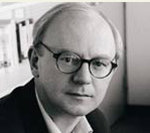 |
LAURENCE REES
 November 7th 2008 November 7th 2008
Laurence is creative director of BBC TV Factual Programmes and has won many awards for his four series on World War II, including The Nazis: A Warning from History.
Under his editorship, Timewatch, BBC TV’s historical documentary series, won three Emmys in three years. His new six-part series, called World War II – Behind Closed Doors, is due for transmission this autumn.

|
|
|
|
|
|
|
|
|
JOHN LLOYD AND JOHN MITCHINSON
 April 17th 2009 April 17th 2009
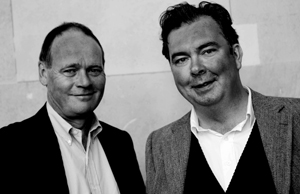
|
John Lloyd is a legend of British comedy, having produced - among others - the classic hits Blackadder, Not the Nine O'Clock News, Spitting Image and, latterly, the QI programmes, which are broadcast on BBC1 on Friday evenings, under the chairmanship of Stephen Fry. John, who lives in West Hendred, in Oxfordshire, also created The News Quiz and Quote...Unquote on BBC Radio 4 and a host of other classic comedy shows. He set up the Quite Interesting company and is the co-author of the best-selling QI books along with....
John Mitchinson, who is the chief researcher for the QI series and says he has amassed such a huge amount of information that his wife describes his brain as a "skip". John, who lives in Great Tew, used to be a senior manager for Waterstones and says he has found the job of his dreams. He is now managing director of Quite Interesting Limited and looks after the company's online bookshop.
View Profile
 |
| |
|
|
|
|
|
|
| |
|
|
|
|
|
|
|
|
|
|
|
|
|
|
|
|
|
|
|
|
|
|
|
|
|
|
|
|
|
|
|
|
|
|
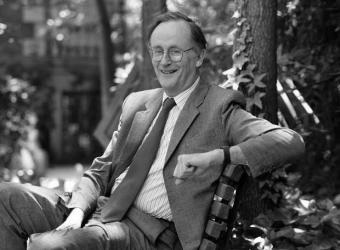 |
ROBIN LANE FOX
 April 8th 2011 April 8th 2011
For over one hundred people, the perfect end to a glorious spring day on April 8th was to listen to Robin Lane Fox, the Financial Times gardening writer for 40 years, in full flow for an hour and a half (without a single note) recounting anecdotes about his own magnificent garden at Milton-under-Wychwood, as well as the dramatis personae in Oxford colleges, and discussing the merits of the best suppliers of plants and fertilisers.
|
|
|
|
|
|
|
|
|
|
|
|
|
|
|
|
|
|
|
|
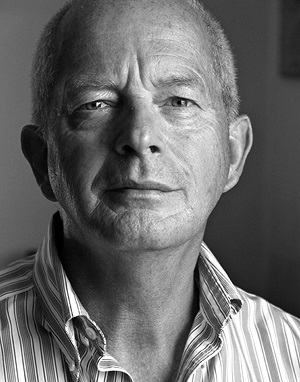 |
TIM BIRKHEAD
 March 2nd 2012 March 2nd 2012
Tim is Professor of Behaviourial Ecology at the University of Sheffield and one of the world's leading authorities on birds. His research has helped to re-shape our understanding of bird mating systems and his talk was particularly relevant, with springtime on the horizon.
His latest book, called Bird Sense, is based on a conviction that we have consistently underestimated what goes on in a bird’s head. It addresses quertions of what it is like to be a swift, flying at over 100 kilometres an hour? And what's happening when a nightingale sings, and how does its brain improvise?

|
|
|
|
|
|
|
|
|
|
|
|
|
|
|
|

| DOMINIC SANDBROOK
 November 2nd 2012 November 2nd 2012
To many people, the 1970s were a decade of intense ambivalence - endless strikes, with rubbish piled high in Leicester Square, the three-day week resulting from the miners' dispute with the Tory government, as well as sky-high inflation. On the other hand, Dominic Sandbrook pointed out in his fascinating talk on November 2nd that the decade had a distinct cultural identity resulting from the emergence of iconic music, fashion and theatre, in addition to classic television comedy shows, such as Rising Damp, Porridge and Steptoe and Son, which were so strong that they are still shown today.
The decade certainly had drab aspects to it and on occasions during Dominic's talk, it was hard to recall fondly the days of the Wilson-Callaghan governments or, indeed, Ted Heath's with the restrictions in the use of electricity - when the opening hours of stores were restricted and television stopped at ten in the evening.

|
|
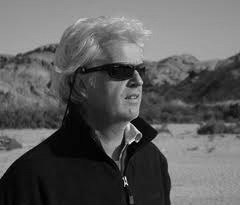
| MIKE BIRKHEAD
 November 23rd 2012 November 23rd 2012
Rarely can the power and majesty of tigers and elephants have had such an impact as when Mike Birkhead played the footage he had compiled for his talk on November 23rd - spellbinding photography had captured these creatures at close-quarters and the haunting images, combined with their roaring and trumping, made for an extraordinary experience.
Mike is one of the world's leading wildlife film-makers and the compilation had been specially edited for his appearance in Wootton, offering a remarkable insight into the logistics and techniques involved in filming such magnificent creatures.

|
|
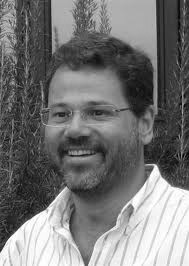
| SIMON HEIGHES
 December 12th 2012 December 12th 2012
Wafting aromas of warming mince pieces and gently-mulling wine set the festive scene for the first Wootton Christmas Musical Talk on December 12th. On stage, Simon – a village resident and a familiar voice on BBC Radio 3 - acted as an historical DJ, taking us on a magisterial and witty tour of the sights and sounds of Christmas past.
Hairs on the backs of spines went up as he took us on a journey to ancient Egypt to hear an extraordinarily atmospheric BBC broadcast from the Cairo Museum in 1939 – when the silver and copper trumpets found in Tutankhamun's tomb were played for the first time in 3000 years. And the link with Christmas? The decorative images adoring the bell-ends of the trumpets hark back to the great Egyptian festival celebrating the birth of the god Horus – around December 25th

|
|
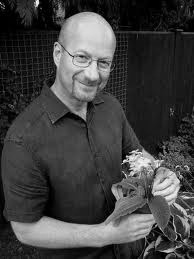
| PETER GIBBS
 January 11th 2013 January 11th 2013
A record audience of 145 was ample evidence of how much everybody is fascinated by the weather - both on a daily basis and also in the long-term, with the prospect of climate change. And the fascinating talk by Peter Gibbs, one of the BBC's leading forecasters, on January 11th offered a wonderful insight into all the complexities of the difficult science of predicting the weather.
Peter, who is also co-chairman of Gardeners' Question Time on Radio 4, pointed out that the weather happens on many different scales, both in space and time, ranging from a shower of a short duration to depressions covering hundreds of miles. And answering the simple question - when is it going to rain? - can involve computers making millions of calculations a second as the atmosphere swirls, whilst the Earth continues its rotation.

|
|
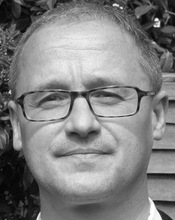
| SINCLAIR MCKAY
 February 8th 2013 February 8th 2013
One of the greatest feats of wartime skill and endurance was the operation at Bletchley Park, the estate in Buckinghamshire, where ciphers and codes from several enemy countries were decryted - leading to such a high level of intelligence that the war was shortened by several years and countless lives were saved.
The Secret Intelligence Service bought the estate in 1938 when it was felt necessary to expand code-breaking operations and, in his talk on February 8th, Sinclair detailed how it brought together people from all social backgrounds, including academic specialists, such as mathematical geniuses like Alan Turing, cryptographers, linguists, Egyptologists and, amazingly, even astrologers. Some were recruited because of their exceptional original-thinking, but others were initially hired simply because they were related to men who played golf with Bletchley Park’s director, Alastair Denniston.

|
|
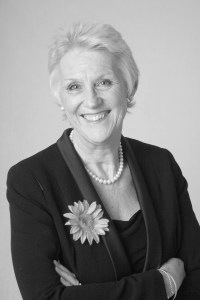
| TRICIA STEWART
 March 15th 2013 March 15th 2013
For years, the annual Women's Institute calendar had been the paragon of convention - but then eleven women aged between 45 and 65 from the Yorkshire Dales blew all that apart in 1999 when they posed naked to highlight traditional WI crafts.
The calendar became a global sensation and sold in its tens of thousands to raise money for leukaemia research. It was the brainchild of Tricia Stewart, who told a packed hall on March 15th how the women of the Rylstone and District WI, near Skipton, went from developing a novel idea to appearances on prime-time US television shows and the release of a major film chronicling their project, as well as stage productions throughout Europe.
Following the launch, there was global interest. The story featured in the national press and the women modelled at the Savoy during London Fashion Week and took calendars to Buckingham Palace for the Queen and the Queen Mother, whilst the Oldie magazine awarded them “The Oldie Exposure of the Year” and they were made Women of the Year

|
|
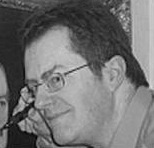
| RICHARD O. SMITH
 April 12th 2013 April 12th 2013
Our 50th talk, with springtime in the air, required an evening of extreme fun and Richard O. Smith provided the perfect recipe. Over the course of a hilarious hour on April 12th, he examined two great sources of amusement - eccentric British sports and mischief at Oxford over the centuries.
Perhaps only the British would conceive of sports like the pantomime-horse Grand National, toe-wrestling, the 100-metre sprint in high heels, or wrestling in in Lancashire in a pond of gravy supplied by Bisto - with participants hosed down by the fire brigade afterwards

|
|
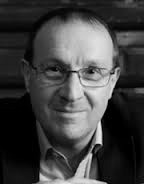
| NICHOLAS CLEOBURY
 May 3rd 2013 May 3rd 2013
For many musicologists, Benjamin Britten is given the same genius tag as John Dowland, Henry Purcell and Edward Elgar - but to others, his music is seen as lacking in memorable melodies and quite dour.
But Nicholas Cleobury, in his wonderful talk on May 3rd, made a convincing case that Britten was, indeed, a towering musical force who had put 20th Century English music on the world map.

|
|
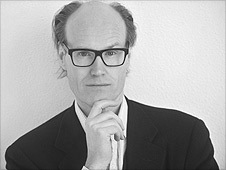
| WILL GOMPERTZ
 May 31st 2013 May 31st 2013
In the past, modern art was often seen as a sham but there are ever-growing youthful crowds, uninterested in old paintings of seascapes and Dutch country scenes, who cruise the Tate Modern – but, as Will Gompertz, the BBC’s Arts Editor, pointed out in his highly informative and entertaining talk on May 31st, there is still the problem of “comprehension”. What does it all mean?
Fashions have changed and it is now much more acceptable to promote the merits of modern art – and, as Will claimed, ever since Marcel Duchamp transformed a urinal into a sculpture and called it Fountain nearly a century ago, art has often ceased to be all about skill.

|
|
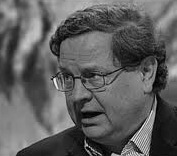
| CHARLES HILL
 June 28th 2013 June 28th 2013
Received wisdom is that the theft of major works of art is usually carried out at the direction of a billionaire stroking a white cat in a remote castle high in the Alps, surrounded by Old Masters and iconic modern paintings.
But Charles Hill, one of the world’s leading art theft detectives, pointed out at his compelling talk on June 28th that nearly all theft of such art is not undertaken on orders from the super-rich – but by low-level criminals intent on trying to break into international crime with the help of a trophy.
Charles told a packed audience that such villains have seen films, such as the Thomas Crown Affair or Sean Connery in Entrapment and think that stealing such works of art is cool. Even the less intelligent ones realise that it is impossible to sell a stolen Monet or Cezanne to an art dealer – but it can still offer kudos, and to arrive at a meeting with a drugs cartel with an Old Master tucked under the arm can be helpful proof of criminal status.

|
|
|
|
|
|
|
|
|
|
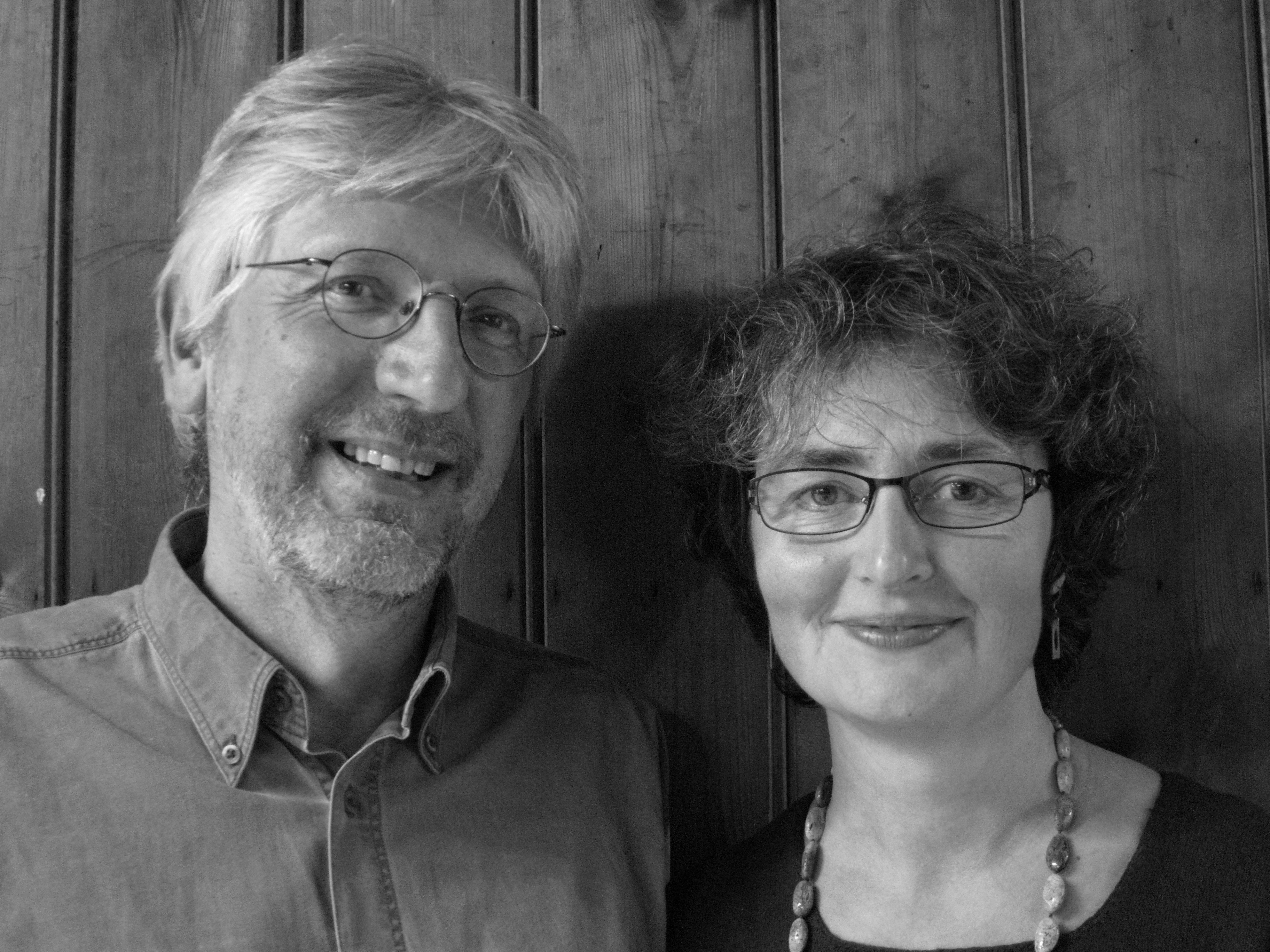
| NICK & JUDITH HOOPER
 December 13th 2013 December 13th 2013
Nick Hooper has composed the music for a couple of blockbuster Harry Potter films, as well as winning two Baftas for his work on television drams, including Prime Suspect, with Helen Mirren. In addition, he has written the music for award-winning wildlife films made for the Disney Studios, as well as the BBC – when the producer was Mike Birkhead, who spoke so engagingly in Wootton in 2012.
Meanwhile, his wife, Judith, works as a musical therapist – helping both children and adults with emotional challenges, as well as physical and learning disabilities.

|
|
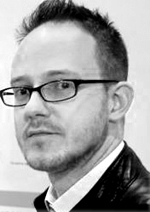
| DAVID ROONEY
 January 10th 2014 January 10th 2014
David first appeared in Wootton in September 2011 when he gave a fascinating and hilarious talk about Ruth Belville, the so-called Greenwich Time Lady, who sold the time to the people of London using an 18th century timepiece, called Arnold, which was set to within a tenth of a second at the Royal Observatory, in Greenwich.
For his much-anticipated second appearance on January 10th, David - now a curator at the Science Museum - gave an equally brilliant exposition of the life of Alan Turing, a genius considered the father of modern computing and artificial intelligence. But set against all his pioneering achievements was a tragic personal life.

|
|
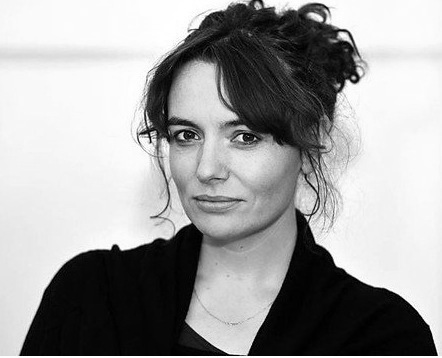
| SALLY KETTLE
 February 7th 2014 February 7th 2014
In the days building up to the 60th Wootton Talk on February 7th, there had been apocalyptic weather, with widespread and rain and flooding – so it was quite appropriate that our landmark speaker should be Sally Kettle, who has entered the record books as the first woman to have braved horrendous weather and row across the Atlantic twice, from east to west, including once with her mother, which followed years of arguments and silence.
After returning to the UK, Sally was determined to have another attempt and planned to enter the Ocean Rowing Society Atlantic Regatta, starting in January 2004 – again in the boat, Calderdale. She subsequently pulled off the miracle of persuading her mother, Sarah, to join her in this second attempt to cross the Atlantic. After years of not speaking, they set off from the Canaries and – whilst often exhausted and debilitated - experienced the wonders of the ocean, marvelling at whales, flying fish, sea turtles, sharks, night-time phosphorescent algae and even one bird which stayed with them for over 2,000 of miles. Whilst rowing, they passed the time playing games, such as eye-spy, and reading stories to one another at bedtime.

|
|
|
|
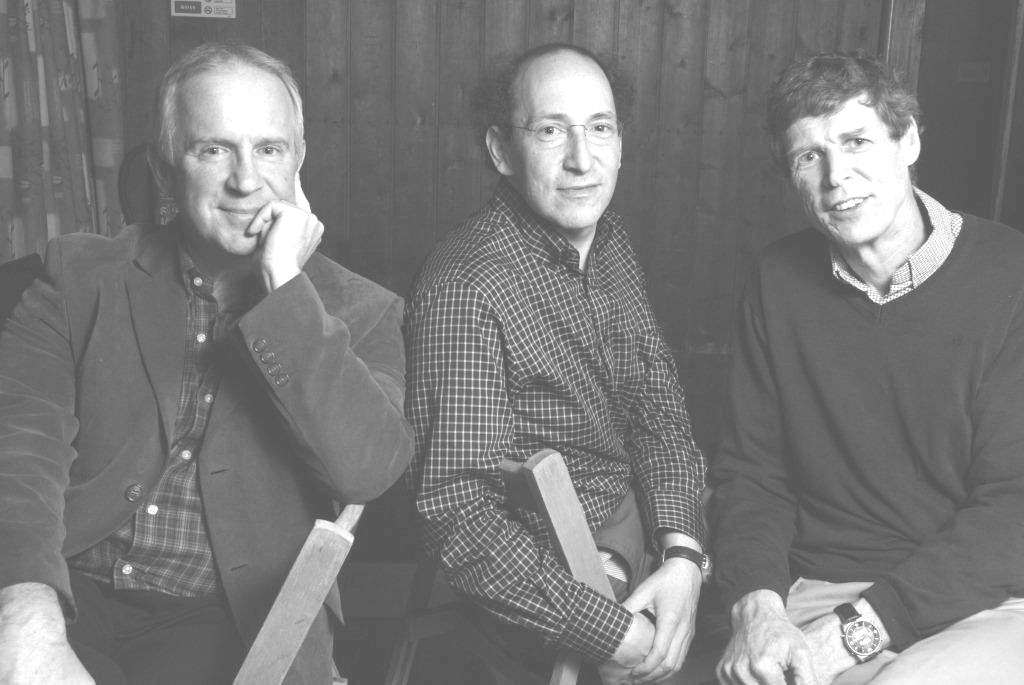
| WOOTTON TED-STYLE
 April 4th 2014 April 4th 2014
(Technology, Entertainment, Design) is a global set of conferences under the slogan "ideas worth spreading". Speakers are given a maximum of 18 minutes to present their ideas in the most innovative and engaging ways they can. Past presenters include Bill Clinton, Jane Goodall, Al Gore, Richard Dawkins, Bill Gates, Google founders Larry Page and Sergey Brin, and many Nobel prizewinners.
TED was founded in 1984 as a one-off event and its annual conference began in 1990, in Monterey, California. TED events are now held throughout the U.S. and in Europe and Asia, offering live streaming of the talks.
They address a wide range of topics within the research and practice of science and culture - and there are over 1,000 talks on the TED website. For the first Wootton TED-style evening, three eminent speakers presented magisterial talks and delighted a packed hall with their ability to condense huge and complex subjects into just 18 minutes

|
|
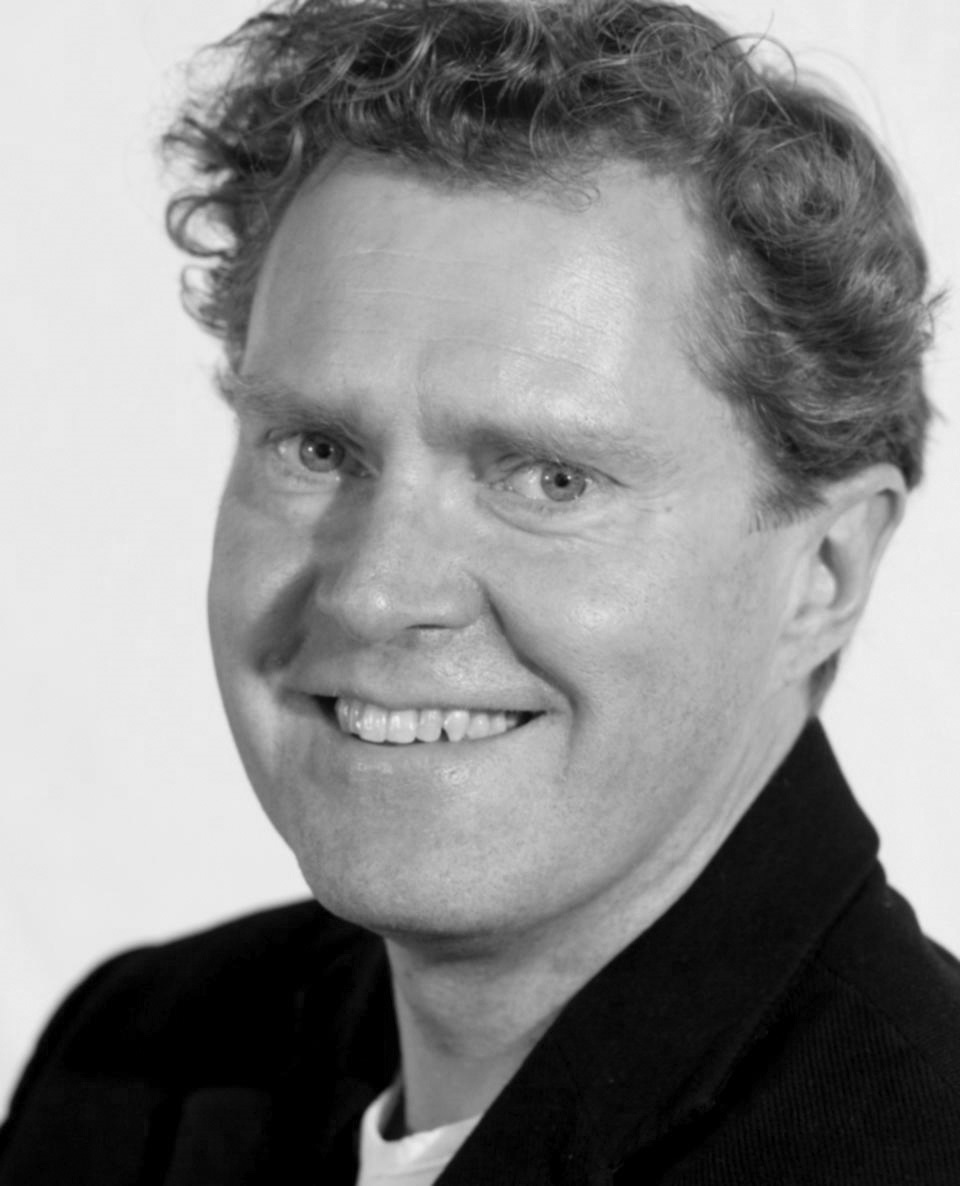
| ROSS KING
 May 2nd 2014 May 2nd 2014
The dome on Florence Cathedral, completed in the mid-15th Century by the volatile genius, Philippo Brunelleschi, is considered one of the masterpieces of the Renaissance and Ross King gave a magisterial talk on May 2nd detailing how the landmark construction was achieved. Brunelleschi is also renowned for his development of linear perspective, as well as many other accomplishments, including sculpture, mathematics, engineering and even ship design. However, Ross told us little is known about Brunelleschi's early life to explain his remarkable transition from goldsmith to architect - and, no less importantly, the evolution from his training in the gothic or medieval style to the new classicism in architecture and urbanism within the Renaissance, with his work winning admiration from both Leonardo and Michelangelo.

|
|
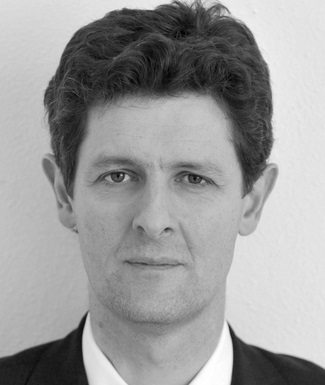
| HUGH PYM
 May 31st 2014 May 31st 2014
At the height of the banking crisis in 2008-9, Hugh Pym told us in his fascinating talk on May 31st that there was a real possibility that – unless firm action had been taken – cash-point machines would have closed and the Army could have been deployed to prevent riots on the streets of Britain as people tried to get hold of their money.

|
|
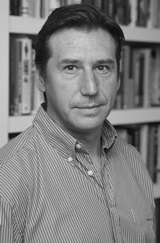
| RICHARD VAN EMDEN
 June 27th 2014 June 27th 2014
Richard is one of the world’s leading historians of the First World War and he gave a fascinating talk on June 27th about boy soldiers in the conflict. He came to Wootton the day before the centenary of the assassination of Archduke Franz Ferdinand in Sarajevo, which helped trigger the conflict, and so the timing was highly appropriate.

|
|
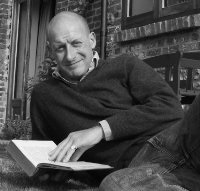
| HARRY BUCKNALL
 July 18th 2014 July 18th 2014
One of the hottest days of the year was the ideal back-drop for Harry Bucknall to describe – in a supremely witty and informative talk - the pilgrimage he undertook two years ago between St Paul’s Cathedral, in London, and St Peter’s Basilica, in Rome. It was a journey covering over 1,400 miles on foot over a route taking him through vineyards and villages, as well as over the Alps and across mighty rivers, like the Po, and which led him to meeting some extraordinary and colourful people along the way.

|
|
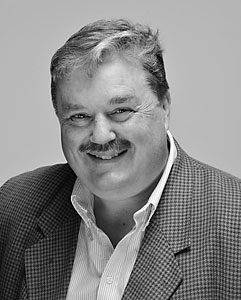
| MARK AVERY
 September 19th 2014 September 19th 2014
One of the most melancholy episodes in the ecology of the world occurred a hundred years on September 1st 1914 when the last passenger pigeon on Earth, called Martha, died in Cincinnati Zoo in the United States. Dozens of other species of bird have become extinct in recent decades – but what makes this story even more poignant was that the bird was the most numerous on the planet, with flocks in its native North America estimated at several billion just 50 years before the species vanished forever. Its demise is also unique in that the precise time of its extinction can be pin-pointed to within a few hours.

|
|
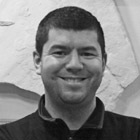
| DAVID HONE
 October 24th 2014 October 24th 2014
Dinosaurs and other prehistoric creatures, roaming the Earth tens of millions of years ago, have always held a powerful (and often terrifying) fascination – and yet their behaviour still remains an enigma because palaeontology is dependent solely on the remains of ancient creatures.
However, Dave Hone, in his fascinating talk to mark our sixth birthday on October 21st, showed how it is possible for trace fossils to give an insight into dinosaur behaviour, including whether they behaved as “social” animals working together. In addition, computer simulations and comparisons with modern animals can offer clues to the behaviour of dinosaurs. Even so, Dave conceded that understanding this area of research still relies heavily on a significant amount of speculation.

|
|
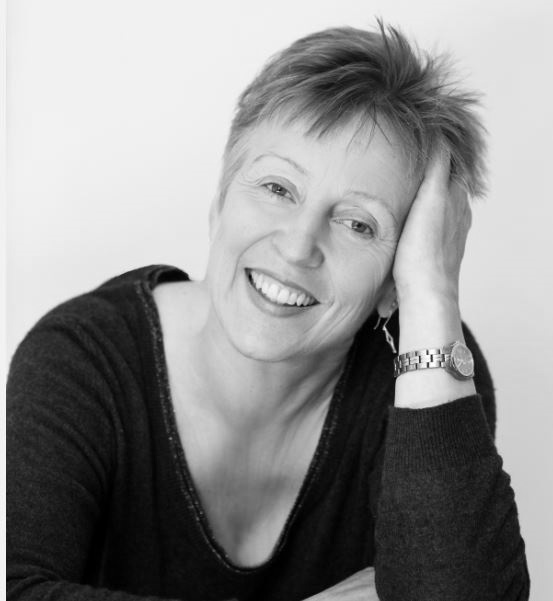
| JULIE SUMMERS
 November 21st 2014 November 21st 2014
The 1924 British Expedition to Mount Everest has always been shrouded in mystery – did Sandy Irvine, aged only 22, and George Mallory make it to the summit, 30 years before Hillary and Tenzing? Both men disappeared high on the mountain’s north-east ridge, only a short distance from the top, and perished in their attempt – Mallory’s body was discovered in 1999, but Irvine’s has never been found.
What made Julie Summers’s compelling and moving talk on November 21st even more poignant was that Sandy Irvine was her great-uncle and his courage and determination have played a major part in her family’s history. Letters home from Sandy, long thought to be lost, later turned up in a wooden chest, adding an extra melancholic aspect to the entire story. 
|
|
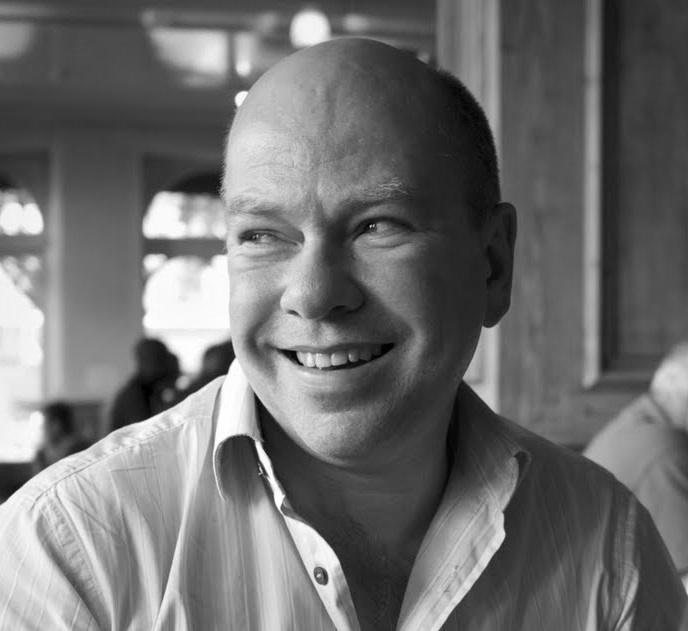
| DREW GARDNER
 December 12th 2014 December 12th 2014
For many people, an intriguing fantasy is contemplating how famous figures from the past would look and behave if they suddenly reappeared today. For his project, called The Descendants, Drew had not quite brought these people back to life, but he produced the next best thing – transforming descendants to resemble their forebears in famous portraits, and with astonishing results. Drew told us at our 70th talk on December 12th that he performed badly at school, although he has always been fascinated with history. And it was this passion which led him to recreating portraits of some of the most iconic historical figures.

|
|
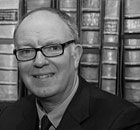
| RICHARD OVENDEN
 January 9th 2015 January 9th 2015
It is impossible to conceive of a world without photographs – a world without illustrations in magazine and newspapers, or a family portrait on a wall. But the development of photography in England can be traced back directly to William Henry Fox Talbot who, as Richard Ovenden told us in his magisterial talk on January 9th, was an extraordinary Victorian pioneer and polymath.

|
|
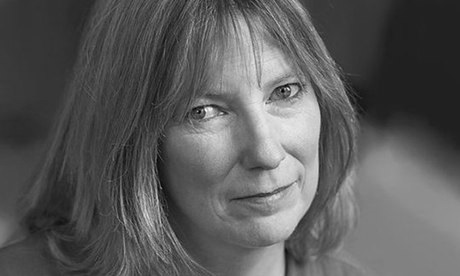
| LUCY HUGHES-HALLETT
 February 6th 2015 February 6th 2015
The name of Gabriele d’Annunzio does not perhaps hang on everybody’s lips – and yet he was a fascinating Italian who was both deplorable and charismatic. As such, he was worthy of the eight years that Lucy spent researching his life for her multi-award winning biography.

|
|
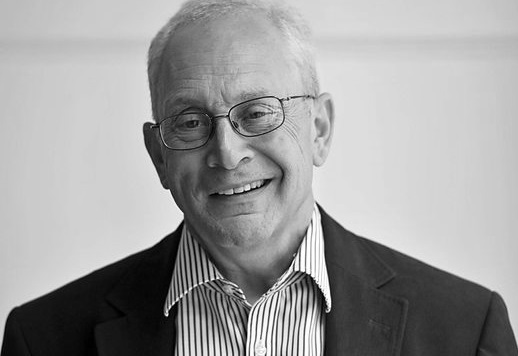
| MATTHEW ENGEL
 March 6th 2015 March 6th 2015
Whilst many English people may dream of living in Tuscany, Umbria, Provence – or even Barcelona, Vancouver or San Francisco, - Matthew Engel was adamant in his highly witty and entertaining talk on March 6th that England remains the most diverse and fascinating country in the world.

|
|
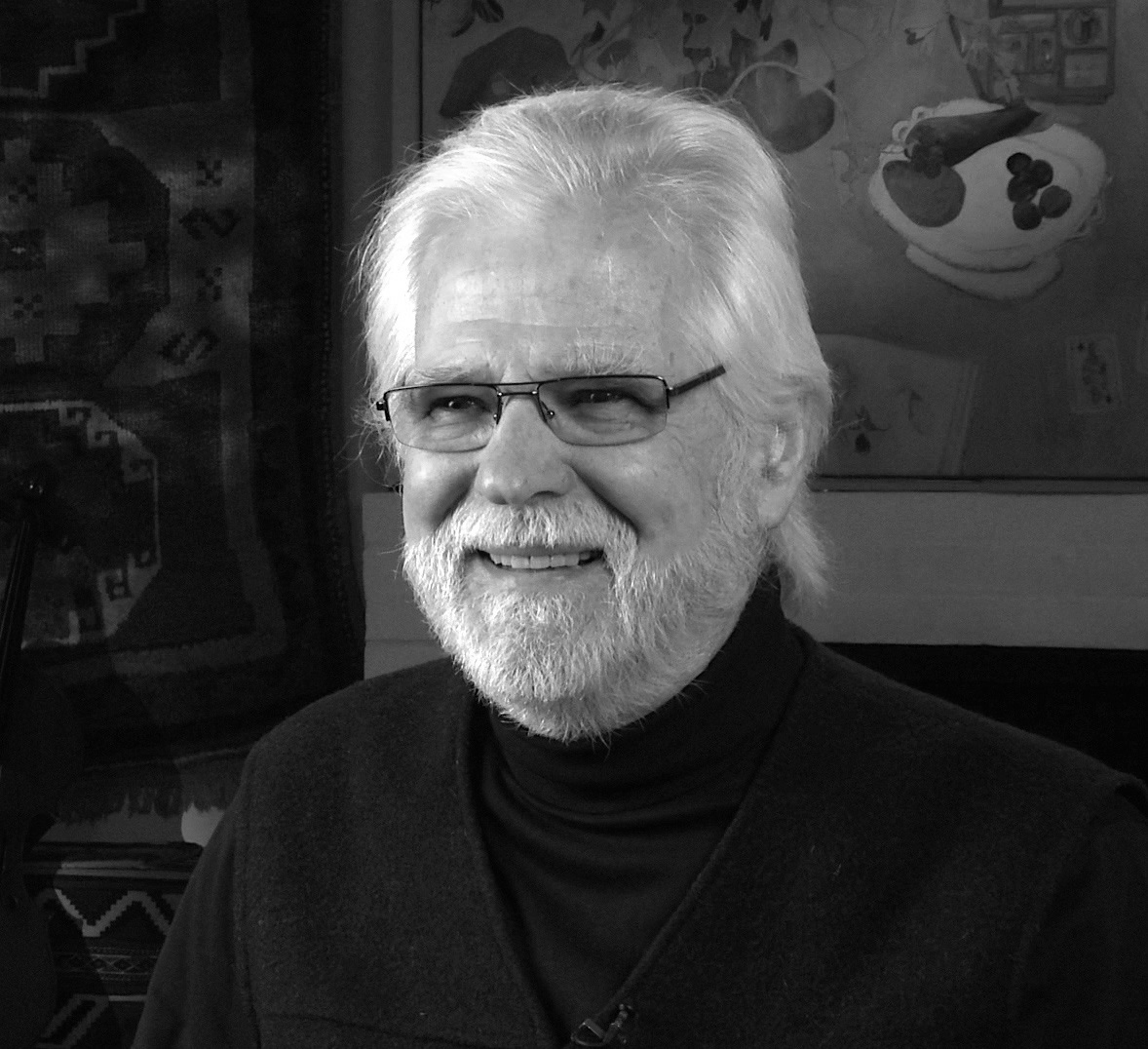
| JAN HARLAN
 March 27th 2015 March 27th 2015
Jan Harlan was the executive producer on many of the landmark films made by his brother-in-law, the iconic American director, Stanley Kubrick. Together, they fashioned such powerful movies as Barry Lyndon, The Shining, with Jack Nicholson, Full Metal Jacket depicting the Tet offensive during the Vietnam War, as well as Eyes Wide Shut (Kubrick’s last movie), starring Nicole Kidman and Tom Cruise.

|
|
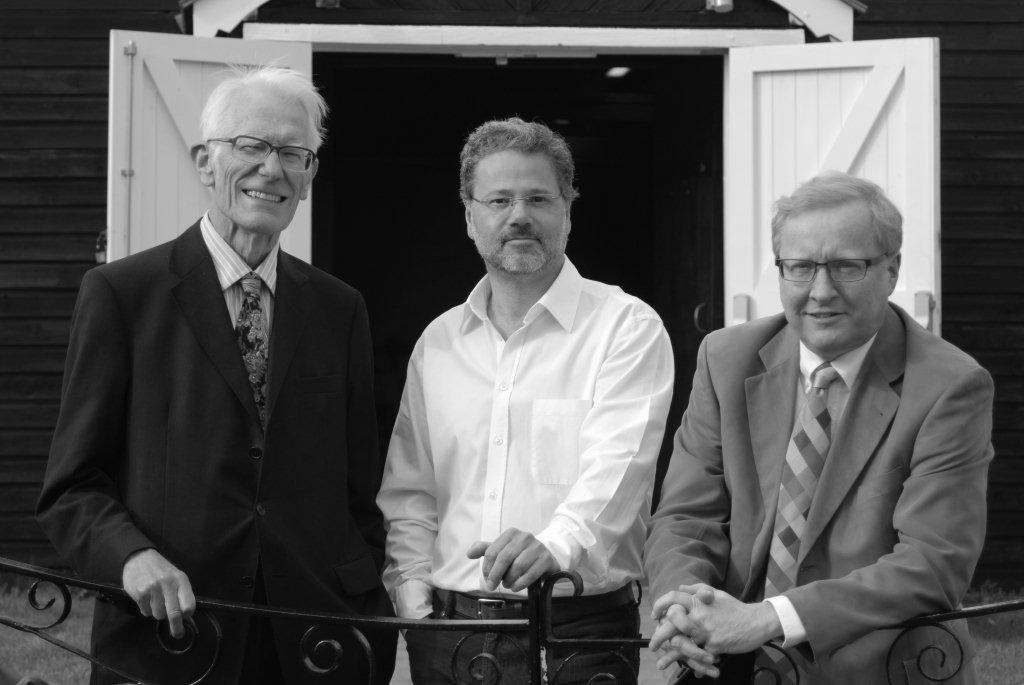
| WOOTTON TED-STYLE
 April 17th 2015 April 17th 2015
(Technology, Entertainment, Design) is a global set of conferences under the slogan "ideas worth spreading". Speakers are given a maximum of 18 minutes to present their ideas in the most innovative and engaging ways they can. Past presenters include Bill Clinton, Jane Goodall, Al Gore, Richard Dawkins, Bill Gates, Google founders Larry Page and Sergey Brin, and many Nobel prizewinners.
TED was founded in 1984 as a one-off event and its annual conference began in 1990, in Monterey, California. TED events are now held throughout the U.S. and in Europe and Asia, offering live streaming of the talks.
They address a wide range of topics within the research and practice of science and culture - and there are over 1,000 talks on the TED website. For the second Wootton TED-style evening, three eminent speakers presented magisterial talks and delighted a packed hall with their ability to condense huge and complex subjects into just 18 minutes

|
|
|
|

| ROBIN LANE FOX
 June 5th 2015 June 5th 2015
On a warm and sunny June evening, after countless of days of wind and chill, Robin Lane Fox made a much-anticipated return visit to Wootton following his first appearance here in April 2011. Again, his theme was primarily gardening but he made several amusing forays into life at New College, Oxford, where he is now an emeritus fellow, but retains the title of Garden Master - overseeing the maintenance of the celebrated borders and lawn.

|
|
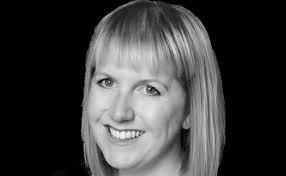
| CLARE MACKINTOSH
 September 18th 2015 September 18th 2015
After twelve years as a senior officer with Thames Valley Police, spending time in CID and as a commander in public order, Clare Mackintosh decided to leave the service to spend more time with her three young children and to pursue a career as a writer. It was a move which proved a sensational success with the publication in 2014 of her debut novel, I Let You Go.

|
|

| ROBIN LAURANCE
 October 16th 2015 October 16th 2015
For our seventh birthday evening on October 16th, it was hard to think of a more appropriate speaker than Robin Laurance, the leading photojournalist, talking about fascinating and imaginative birthday presents which have been given down the years, including those handed to the rich and famous.

|
|

| JULIE SUMMERS
 November 13th 2015 November 13th 2015
Julie first spoke in Wootton in November last year when her theme was the 1924 British Everest Expedition, which included George Mallory and her great-uncle, Sandy Irvine. On November 13th this year, she focused on another illustrious member of her family – her grandfather, Lieutenant-Colonel Philip Toosey, who was the senior Allied officer in charge during the Second World War at the Japanese prisoner of war camp at Tamarkan, in Thailand, from where the men helped build the notorious Bridge on the River Kwai.

|
|
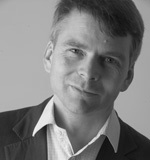
| ANDREW GANT
 December 11th 2015 December 11th 2015
For our Christmas evening on December 11th, we were delighted to welcome Andrew Gant, the leading musician, singer, composer, academic and author to talk about his books, called Christmas carols – from Village Green to Church Choir – and also, just published, O Sing Unto the Lord, which traces the history of church music from Anglo Saxon times.. Helping him illustrate his talk were fifteen singers from the wonderful North Cotswold Chamber Choir, who sang several pieces.

|
|
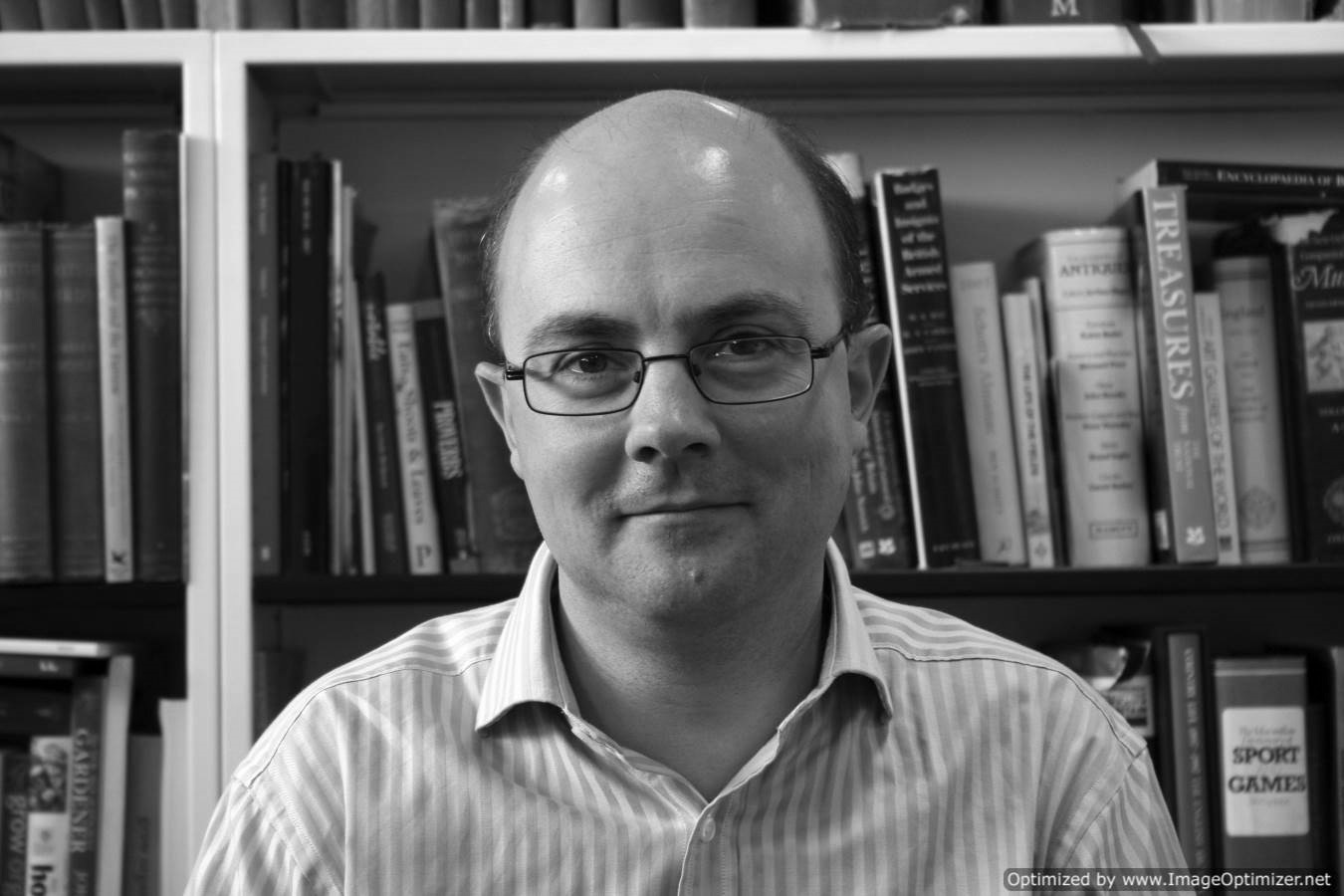
| JOHN GOODALL
 January 22nd 2016 January 22nd 2016
One of the enduring delights of the English countryside is the extraordinary range of parish churches, with their astonishing diversity of architecture and internal features. And, as John Goodall highlighted in his captivating talk on January 22nd, it is possible to walk into most parish churches and stand in front of (and often touch) cultural riches, which may have been in the same position for centuries.

|
|
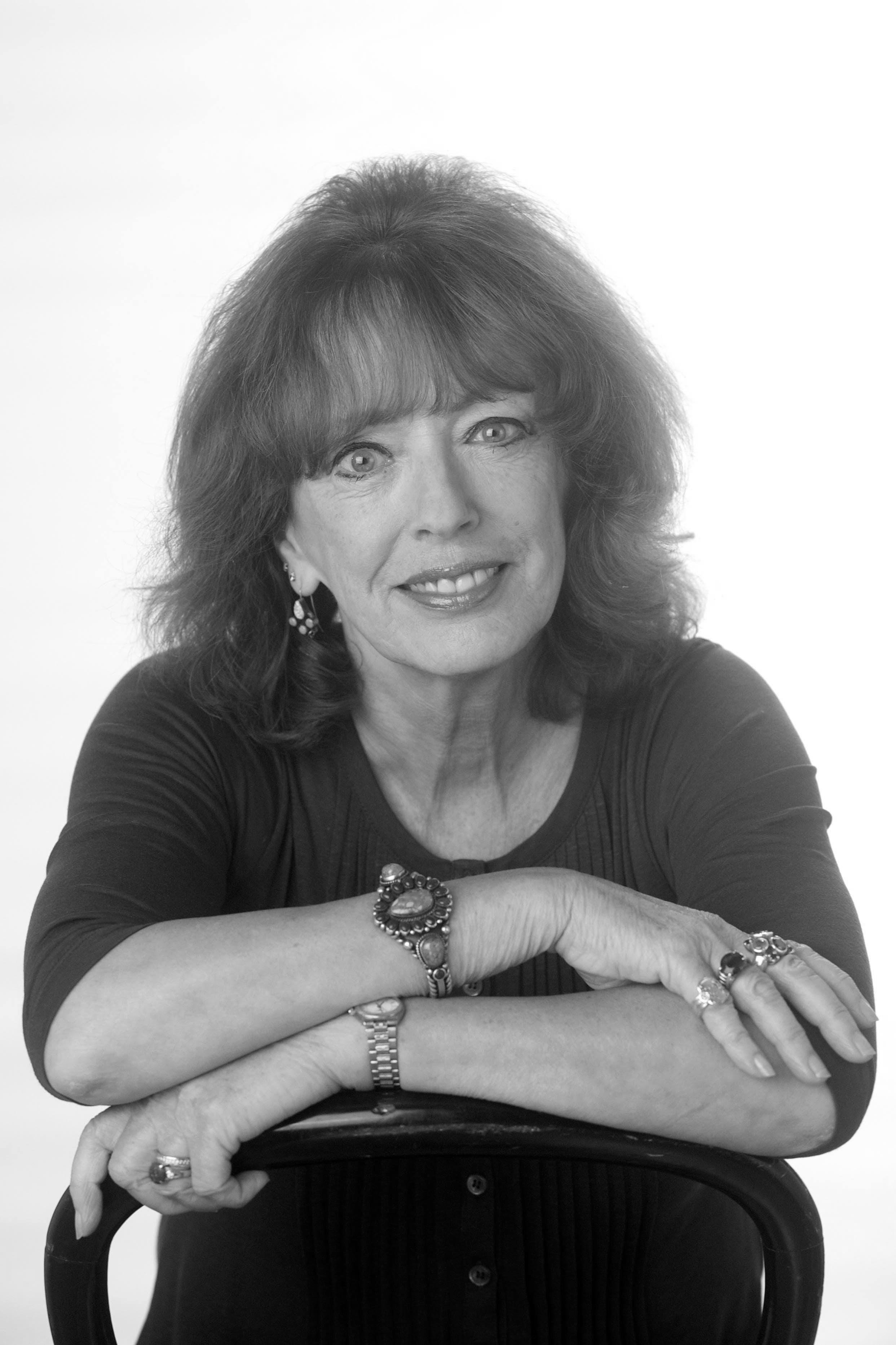
| BEL MOONEY
 February 12th 2016 February 12th 2016
Bel Mooney is one of the country's leading writers and has published six novels and over 30 books for children - but she is also well known for her career as an advice columnist - firstly on The Times and currently on the Daily Mail, where her words in both print and online are read by millions around the world.

|
|
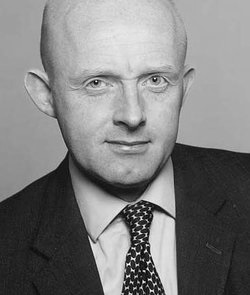
| GUY BROWNING
 March 11th 2016 March 11th 2016
Guy came to Wootton with a reputation for being a highly entertaining and witty speaker – and during his talk on March 11th he showed just why he has won so many plaudits. During a riotous hour of constant laughter, Guy took us through his varied career which has so far included working in the advertising industry, journalism and, more recently, writing and directing a feature film.

|
|
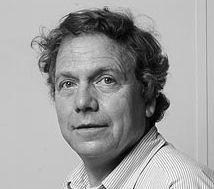
| MARTIN WAINWRIGHT
 April 8th 2016 April 8th 2016
Midway through Martin Wainwright's incisive and illuminating talk on April 8th on aspects of the North-South divide in England, he showed us a series of images which highlighted perfectly how preconceptions of the two halves can be wildly wrong. One picture showed the pit-head of a coal-mine - which was actually in Somerset; another showed rows of terraced-houses - which was revealed as Swindon; another showed quaint black-and-white buildings - which was, in fact, central Manchester; one more showed a striking stately-home - which was in North Yorkshire; whilst others showed bucolic rolling fields with hedge-rows - which were largely in the North.

|
|
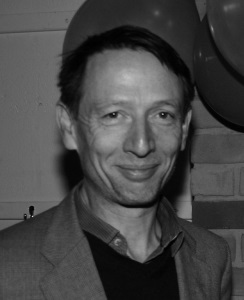
| ALEXANDER STURGIS
 May 6th 2016 May 6th 2016
It was quite apt that Alexander Sturgis, Director of the Ashmolean Museum, in Oxford, should begin his talk on May 6th with a magic trick before discussing the strategies that artists use to deceive the eye. Alexander, an accomplished magician performing under the name The Great Xa, tore up a copy of The Sun newspaper and then - through the power of illusion - appeared to bring it back again, completely intact.

|
|

| VINCE CABLE
 May 27th 2016 May 27th 2016
With only four weeks to go until the landmark referendum on staying in or leaving the EU, it was suitable timing that Sir Vince Cable, the urbane former Secretary of State for Business, Innovation and Skills appeared as our speaker on May 27th. As a leading campaigner for staying in the EU, Sir Vince gave us some behind-the-scenes glimpses of how membership had been beneficial during his time in the Cabinet - such as during the days when General Motors were thinking of closing their Vauxhall factory at Ellesmere Port. Sir Vince flew to the US to discuss the crisis and finally won an agreement for the factory to remain open - just so long as the UK remained within the EU, so that trading benefits were maintained.

|
|
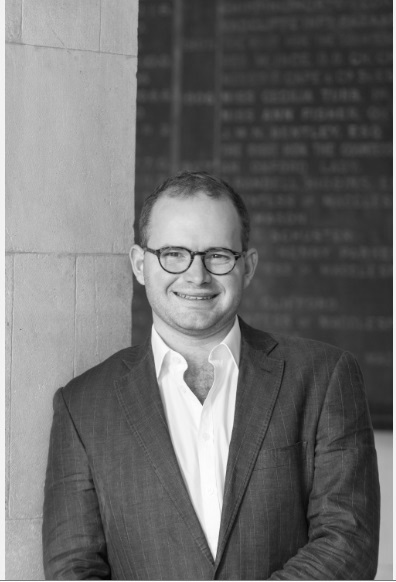
| OLIVER COX
 July 1st 2016 July 1st 2016
Whilst the political parties were engaged in widespread blood-letting at Westminster over leadership contests, it was invigorating and reassuring on July 1st to have Oliver Cox talking about the life and work of Lancelot "Capability" Brown, often referred to as "England' greatest gardener" following his influence in over 170 parks surrounding some of the country's finest country houses - and with many designs, such as those at Blenheim, still intact.

|
|
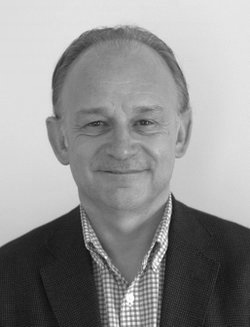
| ROBERT MATTHEWS
 September 16th 2016 September 16th 2016
Robert, a Visiting Professor in Mathematics at Aston University, started his talk on September 16th by admitting that he – perhaps like most of the audience – found probability a boring and difficult subject at school. Only years later did he begin to realise that it held the key to understanding the effect of chance, randomness and uncertainty - of which there’s no shortage in our lives. As an academic, Robert has focused on using the theory of probability to understand such things, and earlier this year published Chancing It, a popular-level book on the subject.

|
|
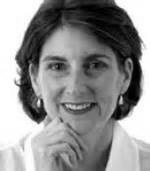
| LAURIE MAGUIRE
 October 14th 2016 October 14th 2016
To celebrate our 90th talk, on our eighth birthday, we were delighted to welcome back Laurie Maguire, Professor of English Literature at Magdalen College, Oxford, a leading authority on the life and works of William Shakespeare - and who has been in great demand this year on the 400th anniversary of the playwright's death.
Laurie told us on October 14th that, nearing the end of this anniversary year, she wanted to think about memory and commemoration - and so had called her talk Remembering Shakespeare.

|
|
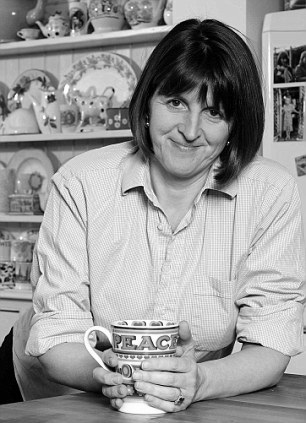
| EMMA BRIDGEWATER
 November 11th 2016 November 11th 2016
Emma is renowned for creating iconic jaunty pottery designs over the past 30 years and she lifted the early winter gloom on November 11th when she detailed her remarkable career from the early days experimenting with spongeware in a Brixton flat to establishing one of the biggest pottery companies making products only in the UK - employing up to 300 people in Stoke- on-Trent in an operation with a multi-million pound turnover. However, she admitted that,she now realises how unready she was in the early days for the demands that lay ahead.

|
|

| TIM BIRKHEAD
 December 2nd 2016 December 2nd 2016
Sir David Attenborough wrote in the latest edition of BBC Wildlife magazine that Tim's new book on birds' eggs, called The Most Perfect Thing, featured some magnificent science - but it was written in a completely accessible way for the general reader. And, indeed, this proved to be case with Tim's talk on December 2nd when he led us through the wonders of birds' eggs in all their amazing forms.

|
|
|
|
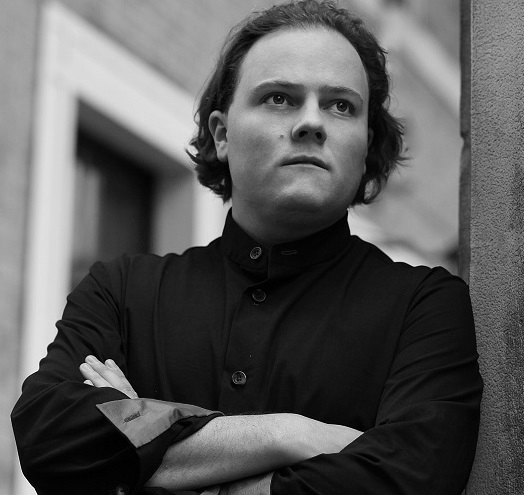
| JONATHAN BERMAN
 February 10th 2017 February 10th 2017
For many of us, the conductor of an orchestra creates an alchemy which can produce music triggering every possible emotion - although relatively few of us have an intimate knowledge of how the process works. In his talk on February 10th, Jonathan Berman offered a magisterial guide to the role of a conductor and how they "sculpture" the composer's work to create a sound which, more often than not, can be quite magical.

|
|
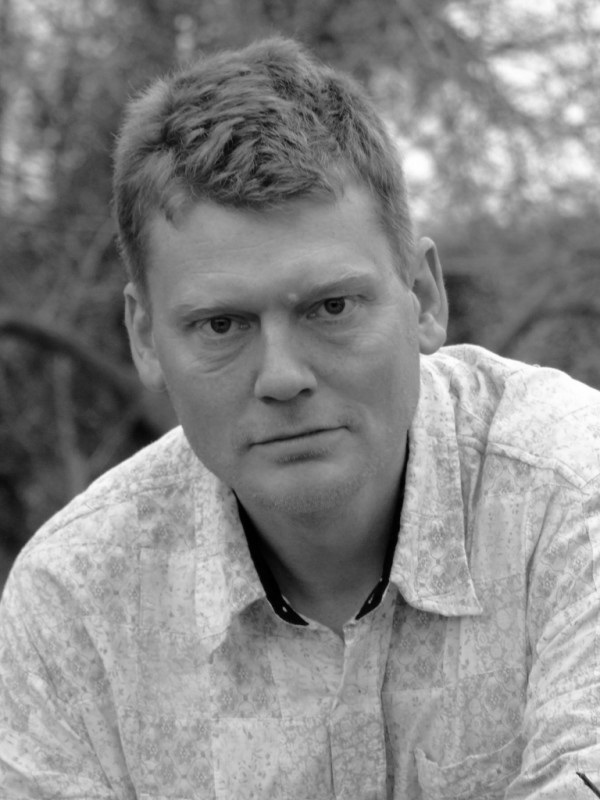
| TOM HEAP
 March 3rd 2017 March 3rd 2017
Reporting these days on the major issues affecting the environment is so often skewed in favour of a pre-determined agenda - whether it be the existence of climate change, nuclear power or farming. And so it was both enlightening and encouraging to hear Tom Heap, one of the presenters on BBC Countryfile, give such a fair-minded assessment of a wide range of issues during his illuminating talk on March 3rd.

|
|
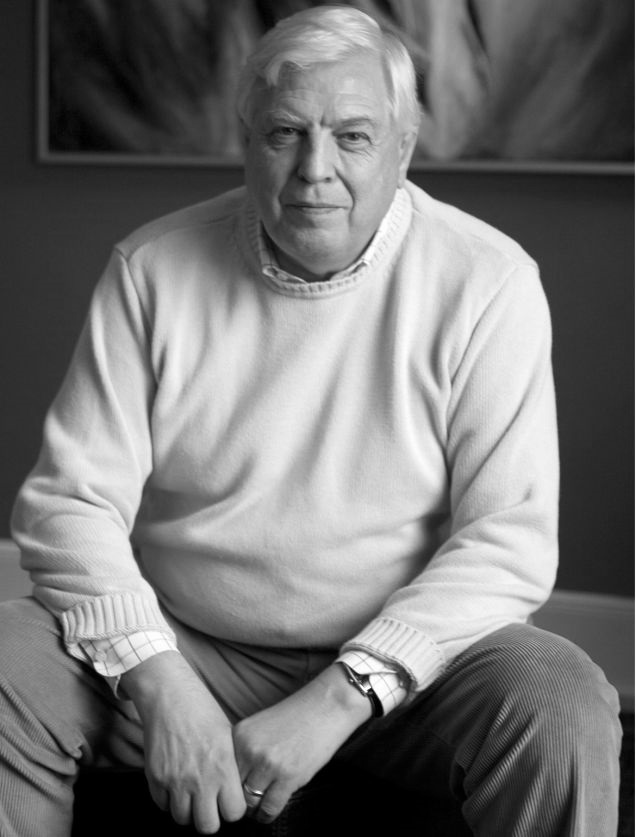
| JOHN SIMPSON
 March 31st 2017 March 31st 2017
With his inimitable calm presence, John told us during his talk on March 31st about the time he and his team stumbled across Osama bin Laden and some of his followers in Afghanistan - when bin Laden offered a man $500 dollars to drive his truck over John. The man thought about it for a while but then declined. Of course, John was quite relieved that he wasn't flattened - but what irritated him as much, he said, was that bin Laden thought his life was only worth $500. This was just one of the many fascinating stories that John, the BBC World Affairs Editor, shared with us - mostly extremely serious, but also shot through with a self-effacing English modesty, tinged with humour.

|
|
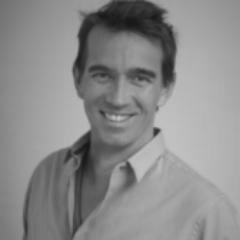
| PETER FRANKOPAN
 April 28th 2017 April 28th 2017
As a teenager, Peter Frankopan told us in his spellbinding talk on April 28th, he was uneasy about the narrow geographic focus in history which seemed to concentrate solely on the United States and Western Europe, leaving the rest of the world largely untouched. He told us that he had been taught about the Romans in Britain, the Norman conquest of 1066; Henry VIII and the Tudors; the American War of Independence; Victorian industrialisation; the Battle of the Somme and the rise and fall of Nazi Germany.

|
|
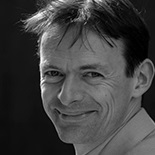
| CHRIS MCGRATH
 May 26th 2017 May 26th 2017
Just a few days before the running of this year's Derby at Epsom, it was fascinating to discover during Chris McGrath's talk on May 26th that 95 per cent of all thoroughbred champions have a line that can be traced back to an episode in the 18th Century involving a Yorkshireman, Thomas Darley. He had operated as a merchant with the Levant Company in Arabia for many years and Chris showed us an image of the beautiful city of Aleppo as it was at the time - compared with its tragic ruins today.
It was here that Darley bought a young Arab colt, which he brought back home and used to start a bloodline from which so many flat-racing champions are descended. The complete story is told in Chris's recent book, Mr Darley's Arabian, which was short-listed for the prestigious Williams Hill Sports Book of the year.

|
|
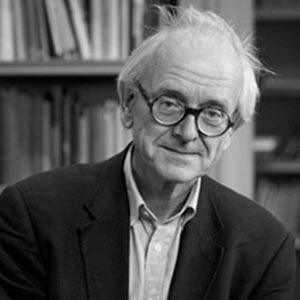
| HENRY MARSH
 June 23rd 2017 June 23rd 2017
With complete candour, Henry Marsh, one of the world's leading brain surgeons, told us in his fascinating talk on June 23rd that - despite major medical advances in recent years - operating on the brain is far from being a story of unequivocal success and he gave us an insight into the feeling of holding somebody's life in his hands, cutting into the material which creates, thought, feeling and reason.

|
|
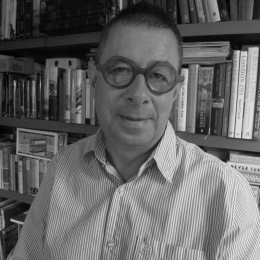
| MICHAEL WILLIAMS
 September 15th 2017 September 15th 2017
With a certain irony, Michael's talk on September 15th was delayed slightly because Marylebone Station in London was shut and he had to hot-foot it to Paddington, having to stand for some of the journey to Oxford to give his talk, called....The Joy of Railways. However, Michael offered a great deal of positive evidence to counter-balance his experience that night - and to show that the romance of the railways is still very much alive.

|
|

| ALEXANDRA SHULMAN
 October 12th 2017 October 12th 2017
For the 100th talk on our 9th birthday on October 12th, Alexandra Shulman, editor of Vogue until her retirement in June, gave a highly entertaining and informative insight into the world of fashion magazines. She had held the editorship for 25 years and recalled working with some of the greatest fashion photographers, such as Mario Testino (renowned for taking iconic pictures of the Princess of Wales) and David Bailey who, whilst Alexandra occasionally found him stubborn, always produced peerless work.

|
|
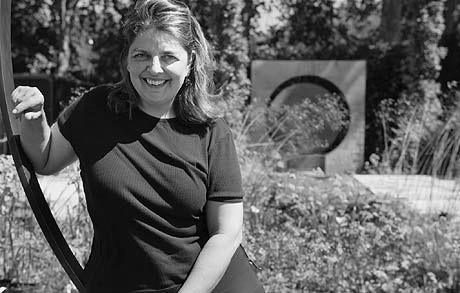
| JINNY BLOM
 May 25th 2018 May 25th 2018
Jinny Blom Talk

|
|
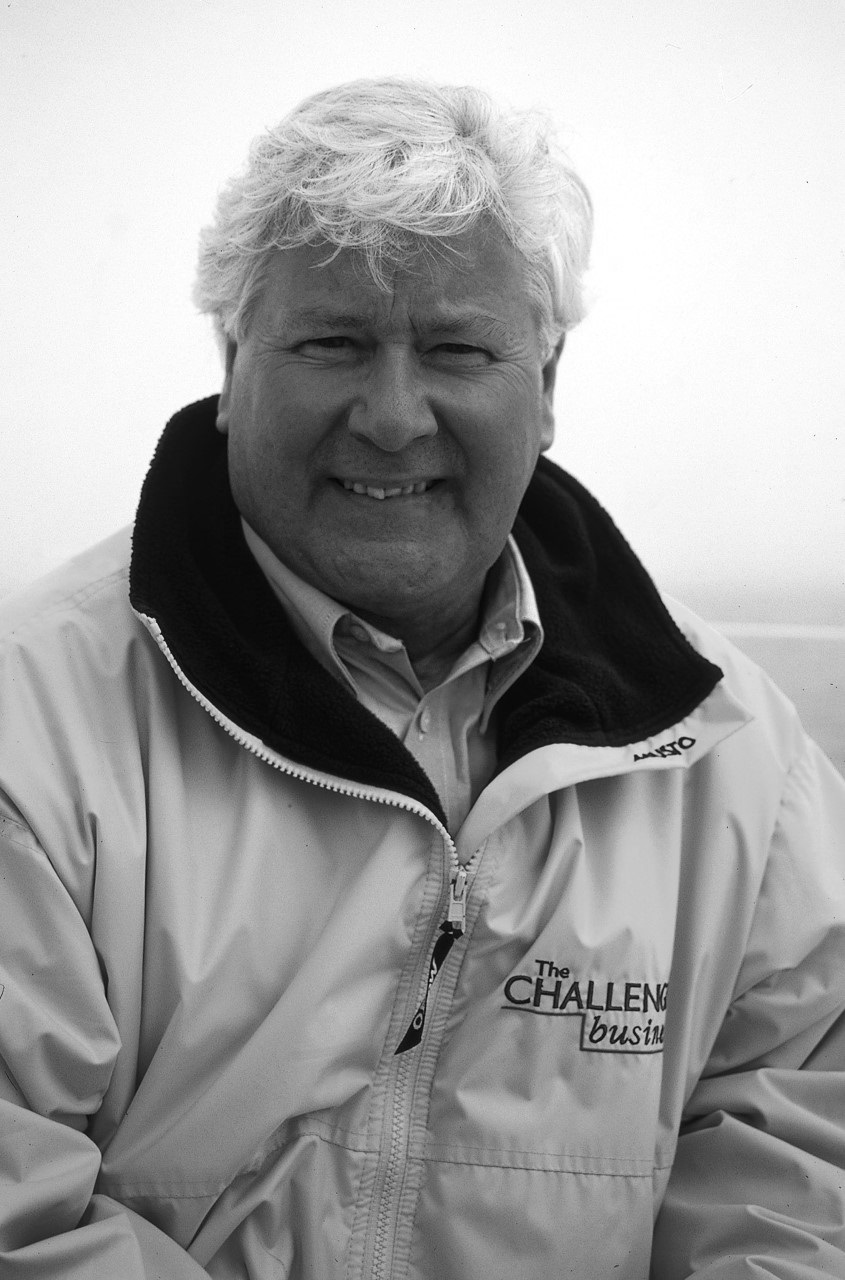
| SIR CHAY BLYTH
 February 8th 2019 February 8th 2019
Sir Chay Blyth Talk
|
|
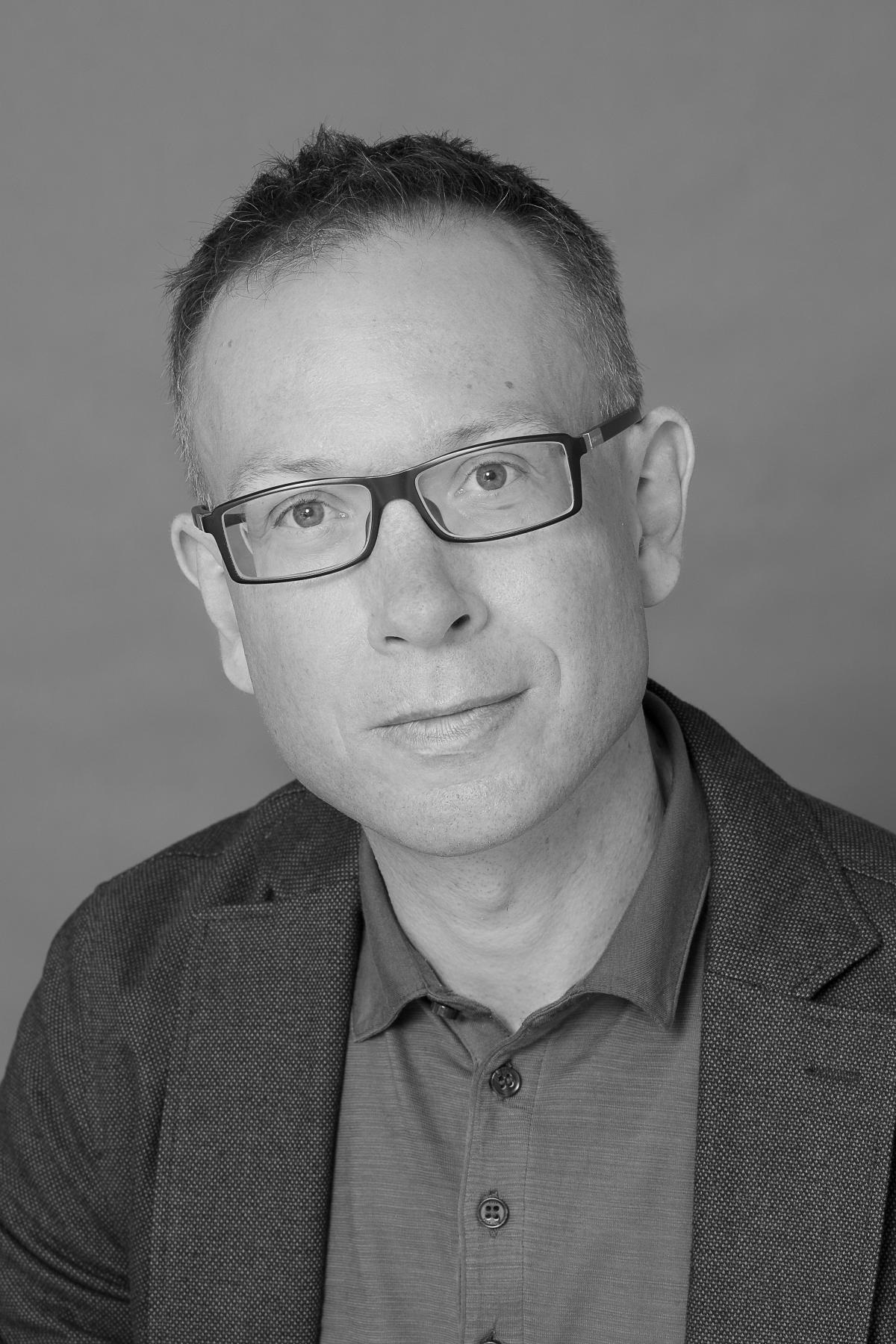
| BART VAN ES
 March 22nd 2019 March 22nd 2019
Bart van Es Talk
|
|
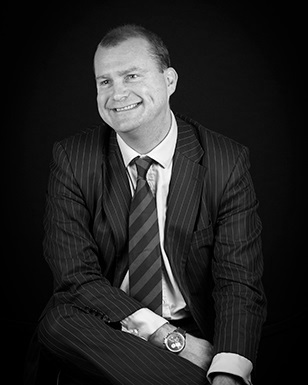
| NICK NELSON
 May 17th 2019 May 17th 2019
Nick Nelson Talk
|
|
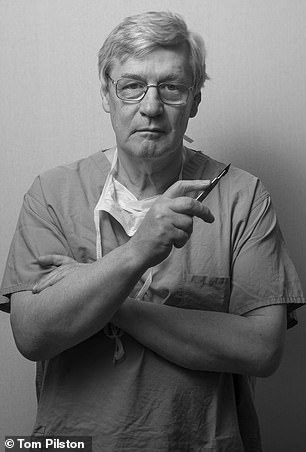
| STEPHEN WESTABY
 June 21st 2019 June 21st 2019
Stephen Westaby Talk
|
|
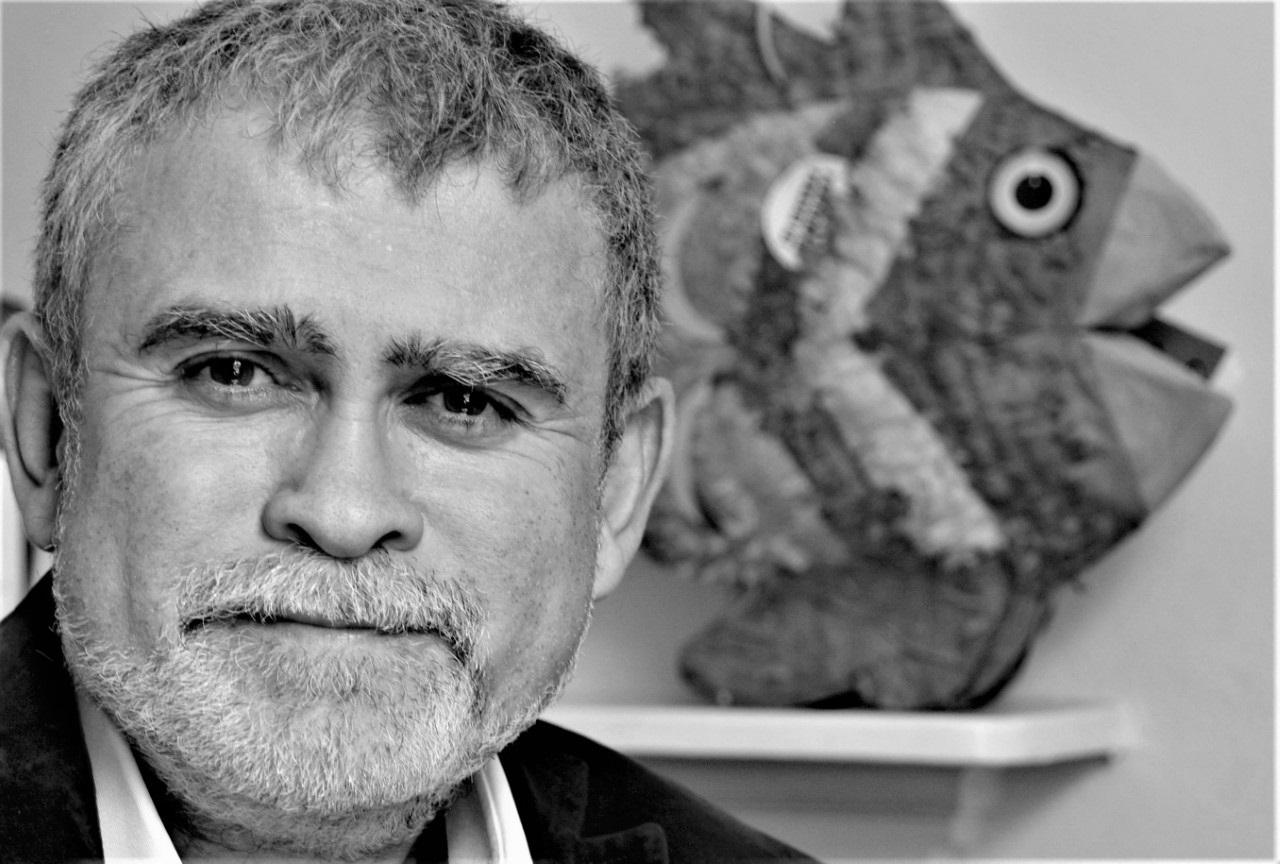
| ALEX ROGERS
 September 13th 2019 September 13th 2019
Alex Rogers Talk
|
|
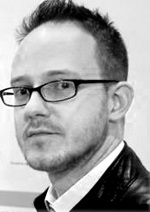
| DAVID ROONEY
 October 11th 2019 October 11th 2019
David Rooney Talk
|
|
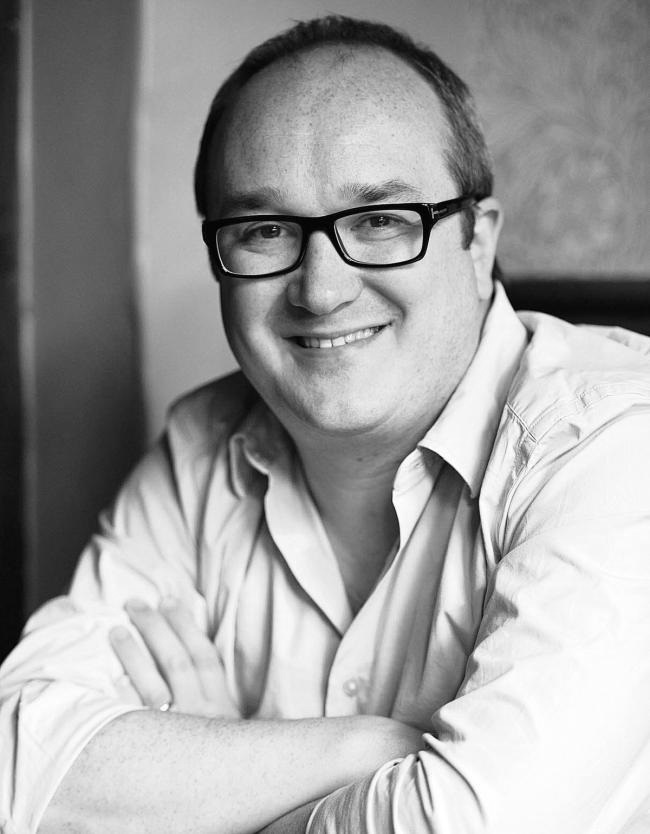
| DOMINIC SANDBROOK
 November 22nd 2019 November 22nd 2019
Dominic Sandbrook Talk
|
|
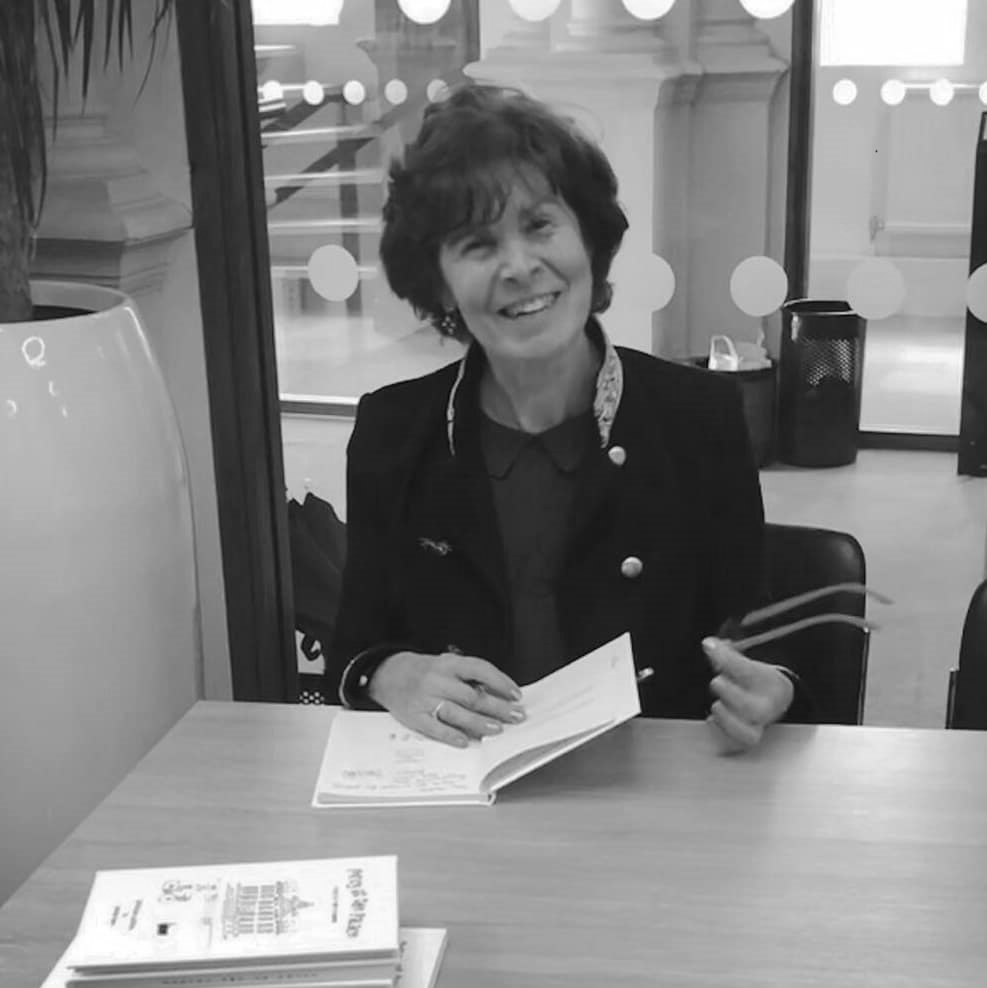
| ANTONIA KEANEY
 January 17th 2020 January 17th 2020
Antonia Keaney Talk
|
|
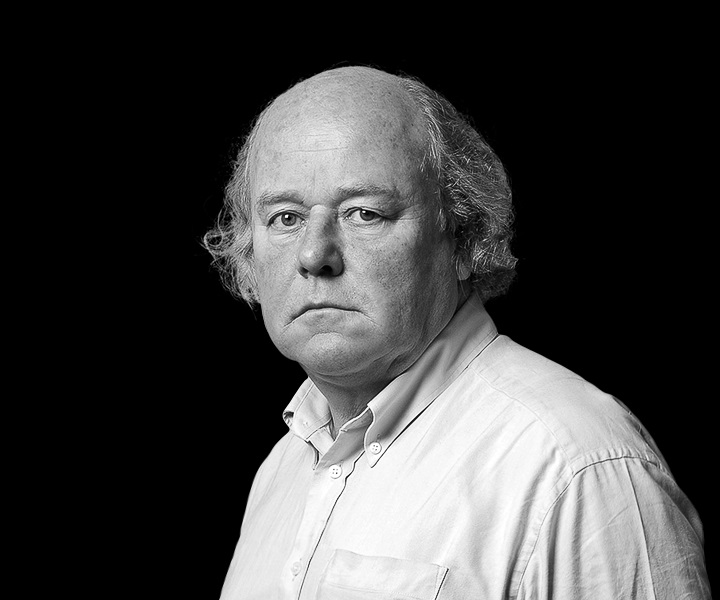
| RICHARD NORTON-TAYLOR
 February 21st 2020 February 21st 2020
Richard Norton-Taylor Talk
|
|
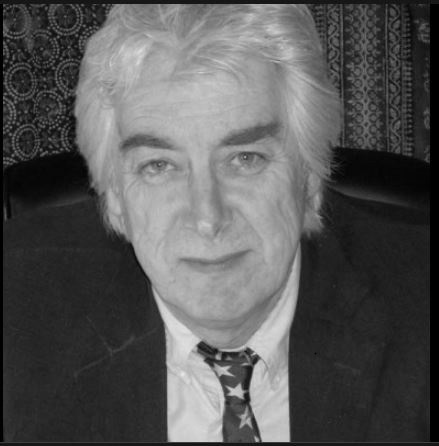
| PATRICK MARNHAM
 March 11th 2022 March 11th 2022
Patrick Marnham Talk
|
|

| ROSS KING
 April 8th 2022 April 8th 2022
Ross King Talk
|
|

| MIKE BERKHEAD
 May 6th 2022 May 6th 2022
Mike Berkhead Talk
|
|
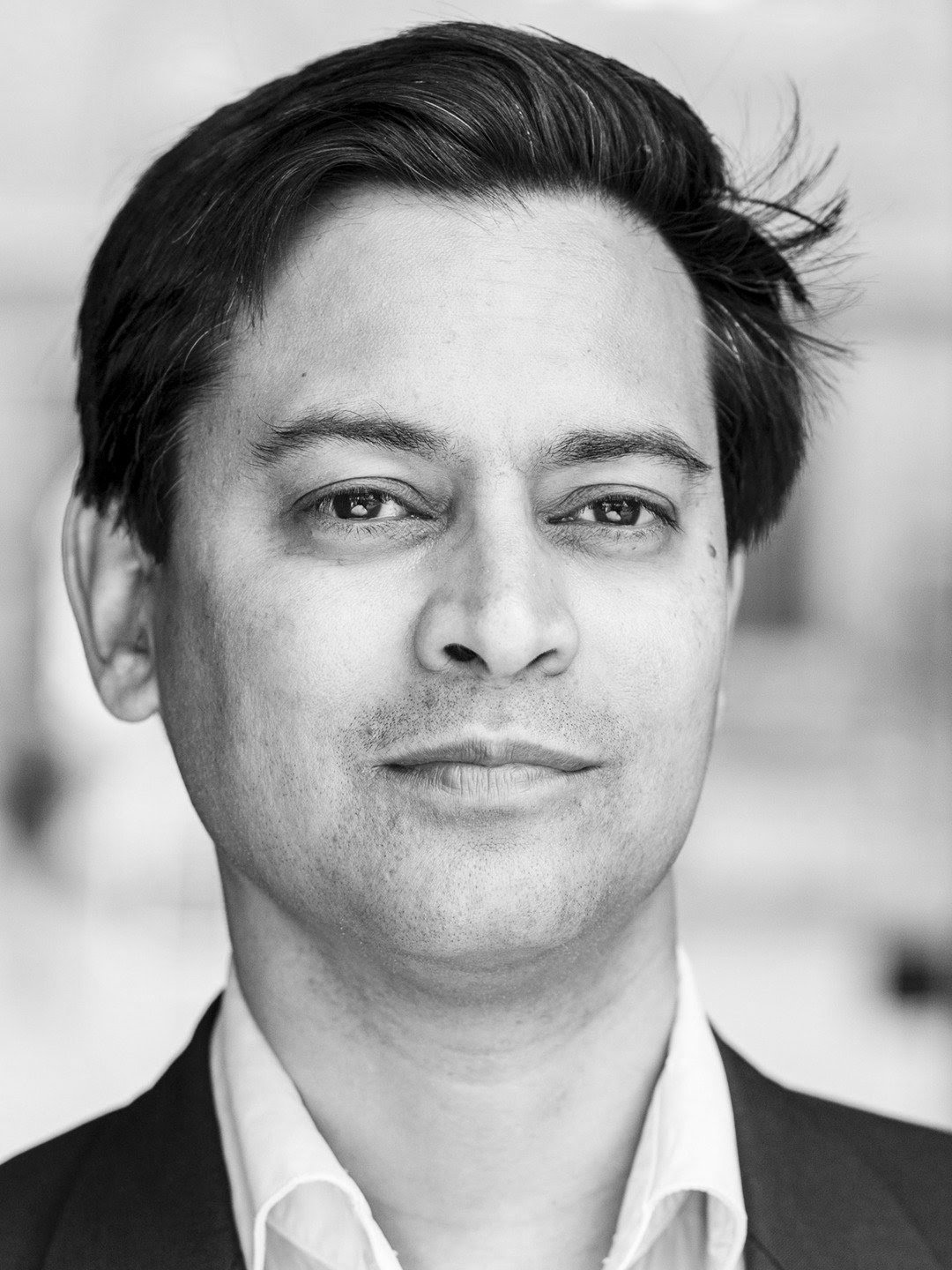
| RANA MITTER
 June 17th 2022 June 17th 2022
Rana Mitter Talk
|
|
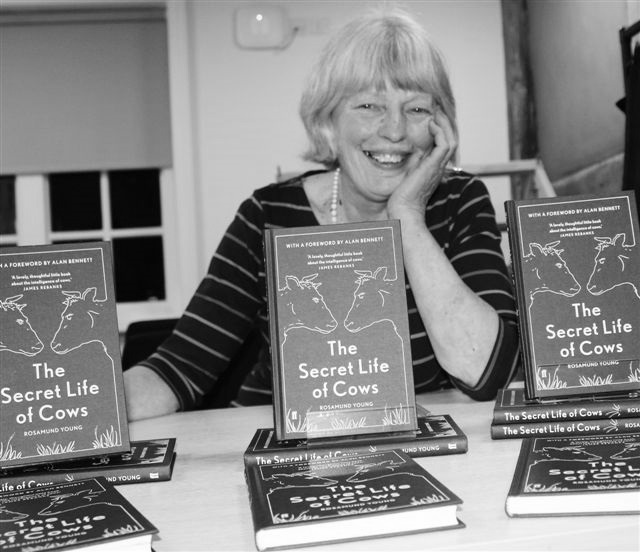
| ROSAMUND YOUNG
 July 15th 2022 July 15th 2022
Rosamund Young Talk
|
|
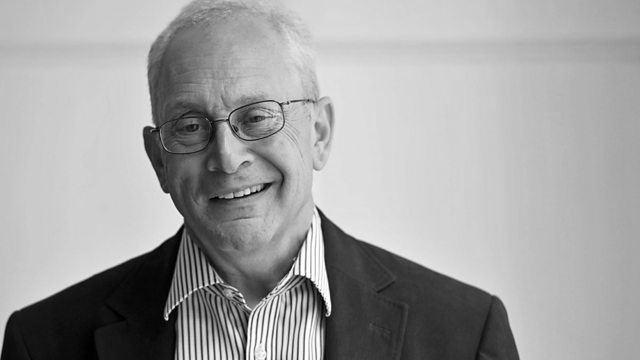
| MATTHEW ENGEL
 September 30thh 2022 September 30thh 2022
Matthew Engel Talk
|
|
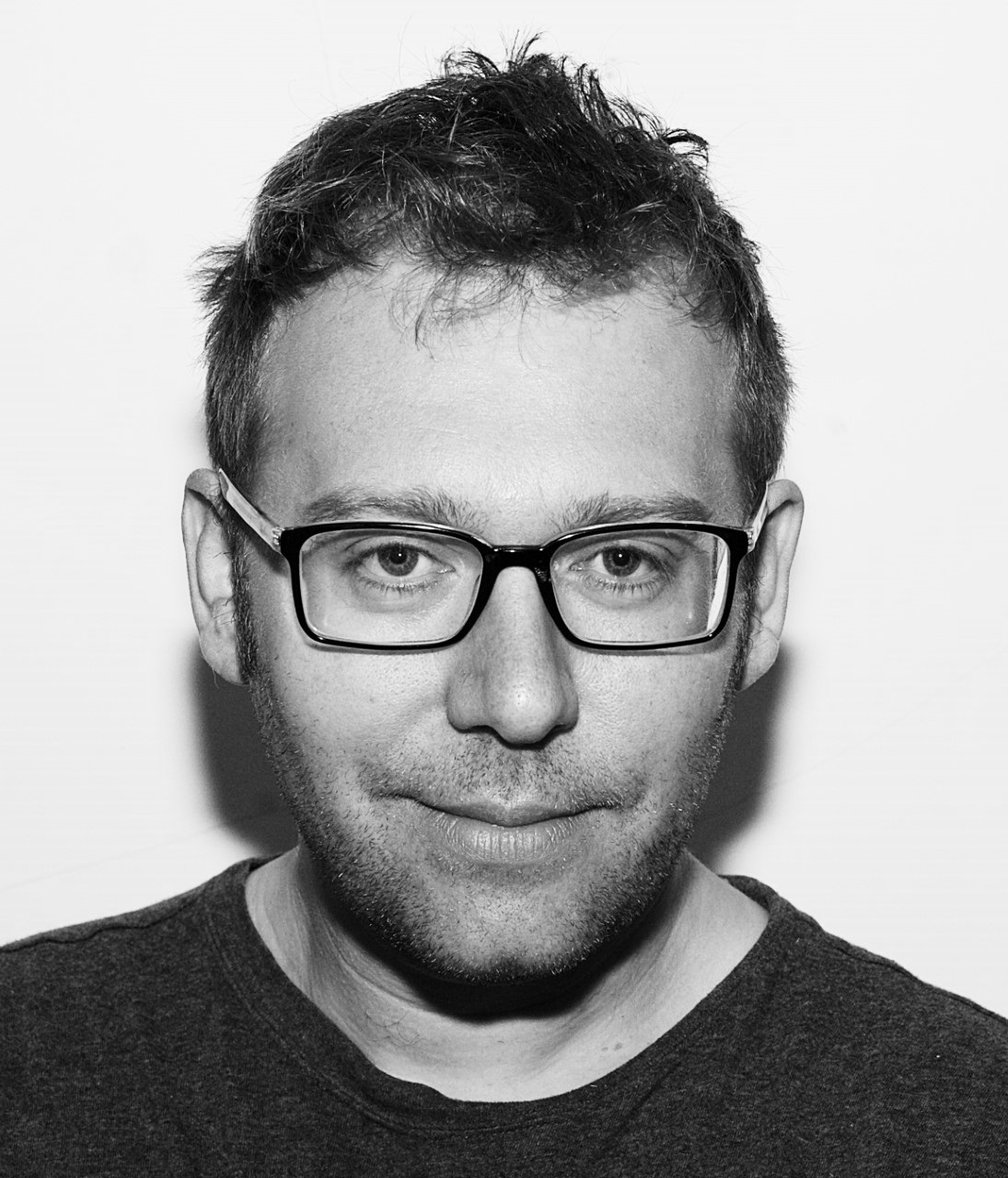
| CHRIS FLOYD
 October 21st 2022 October 21st 2022
Chris Floyd Talk
|
|
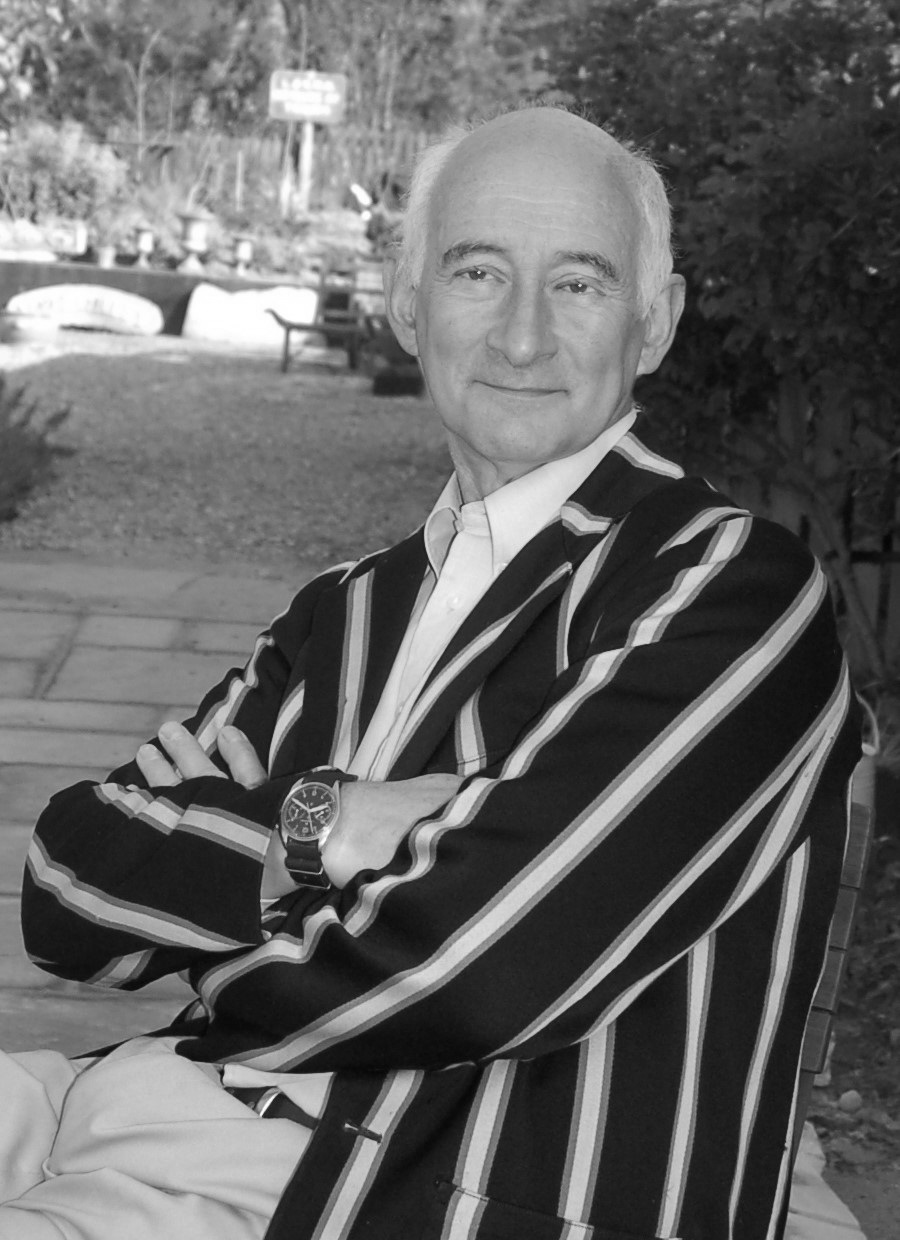
| PAUL ATTERBURY
 November 25th 2022 November 25th 2022
Paul Atterbury Talk
|
|
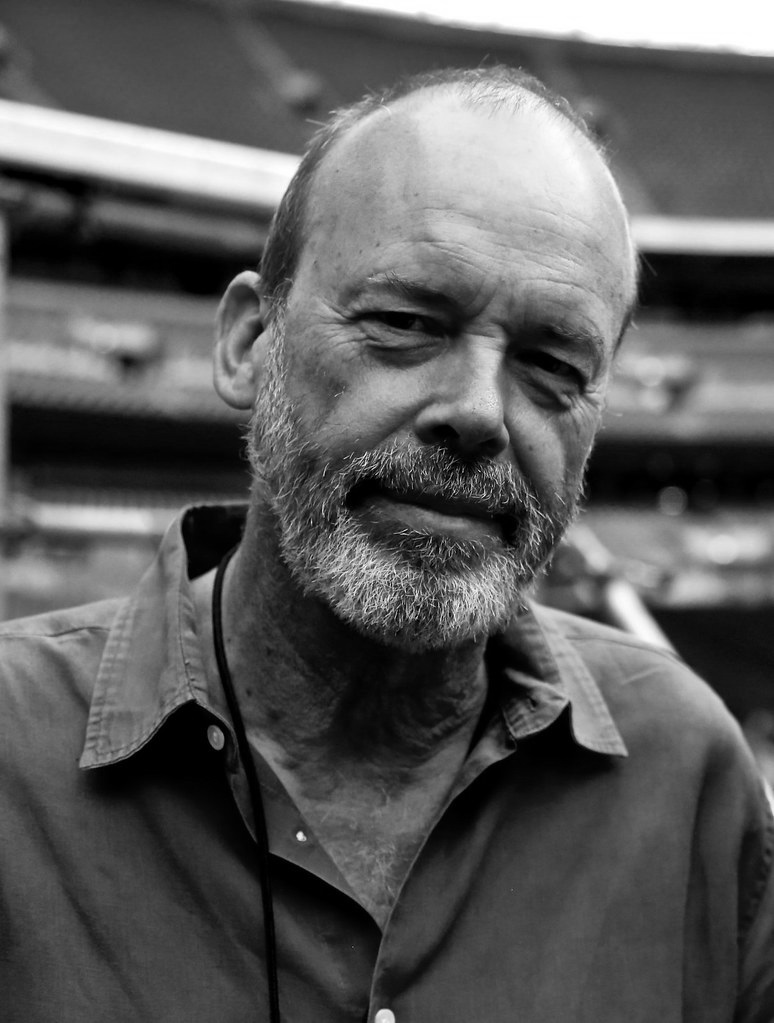
| PATRICK WOODROFFE
 January 20th 2023 January 20th 2023
Patrick Woodroffe Talk
|
|
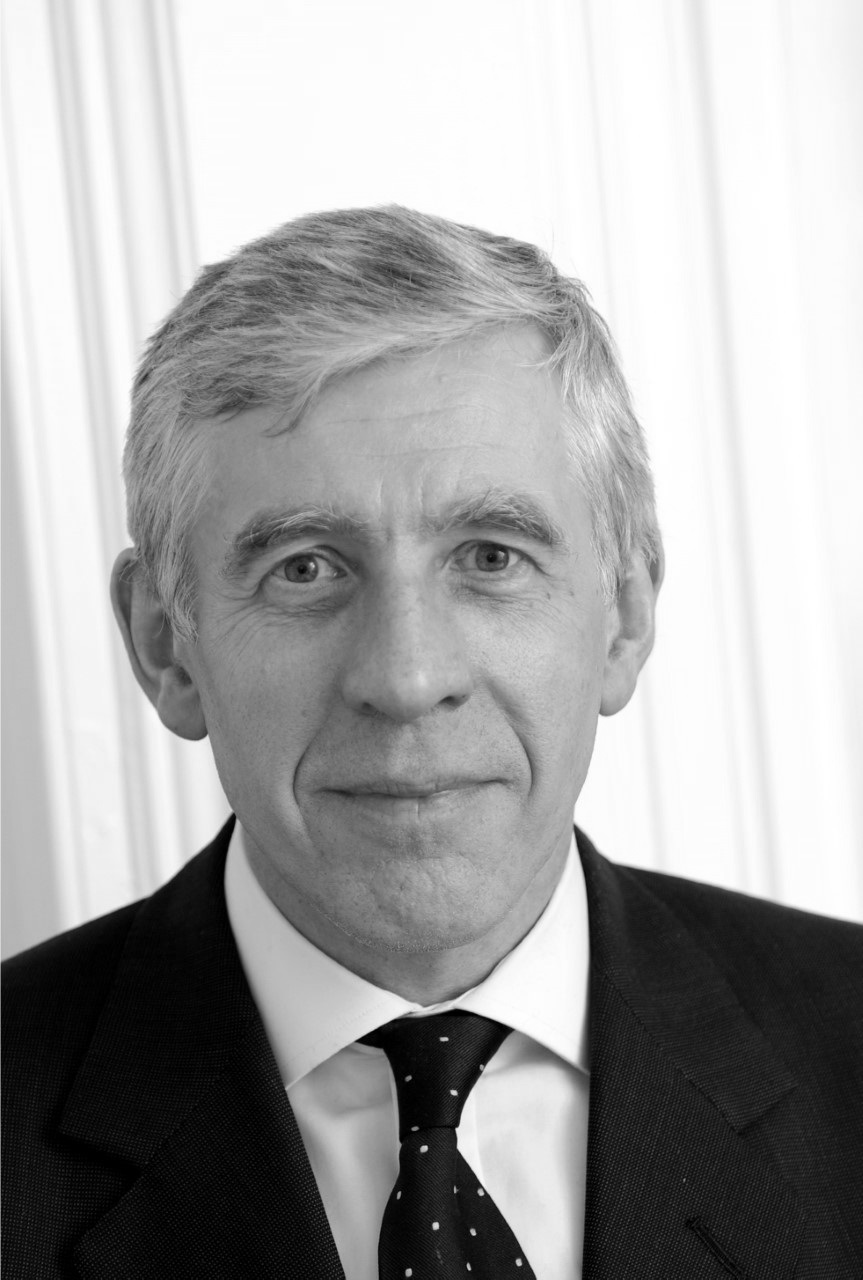
| JACK STRAW
 February 10th 2023 February 10th 2023
Jack Straw Talk
|
|
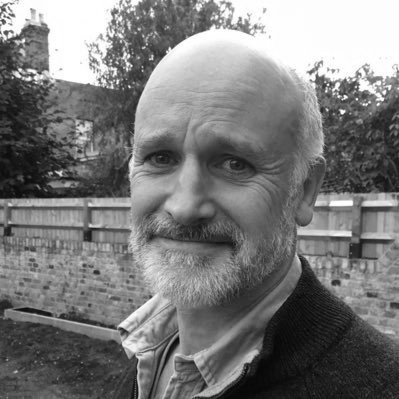
| MARTIN JENNINGS
 March 10th 2023 March 10th 2023
Martin Jennings Talk
|
|

| HENRY MARSH
 April 14th 2023 April 14th 2023
Henry Marsh Talk
|
|
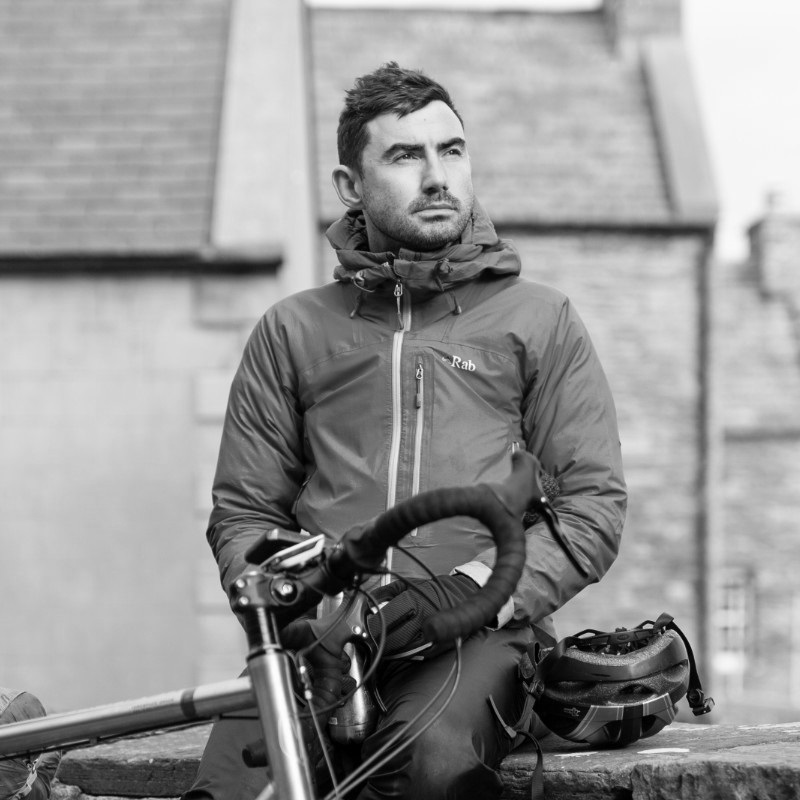
| SIMON PARKER
 May 12th 2023 May 12th 2023
Simon Parker Talk
|
|

| TIM BIRKHEAD
 June 9th 2023 June 9th 2023
Tim Birkhead Talk
|
|
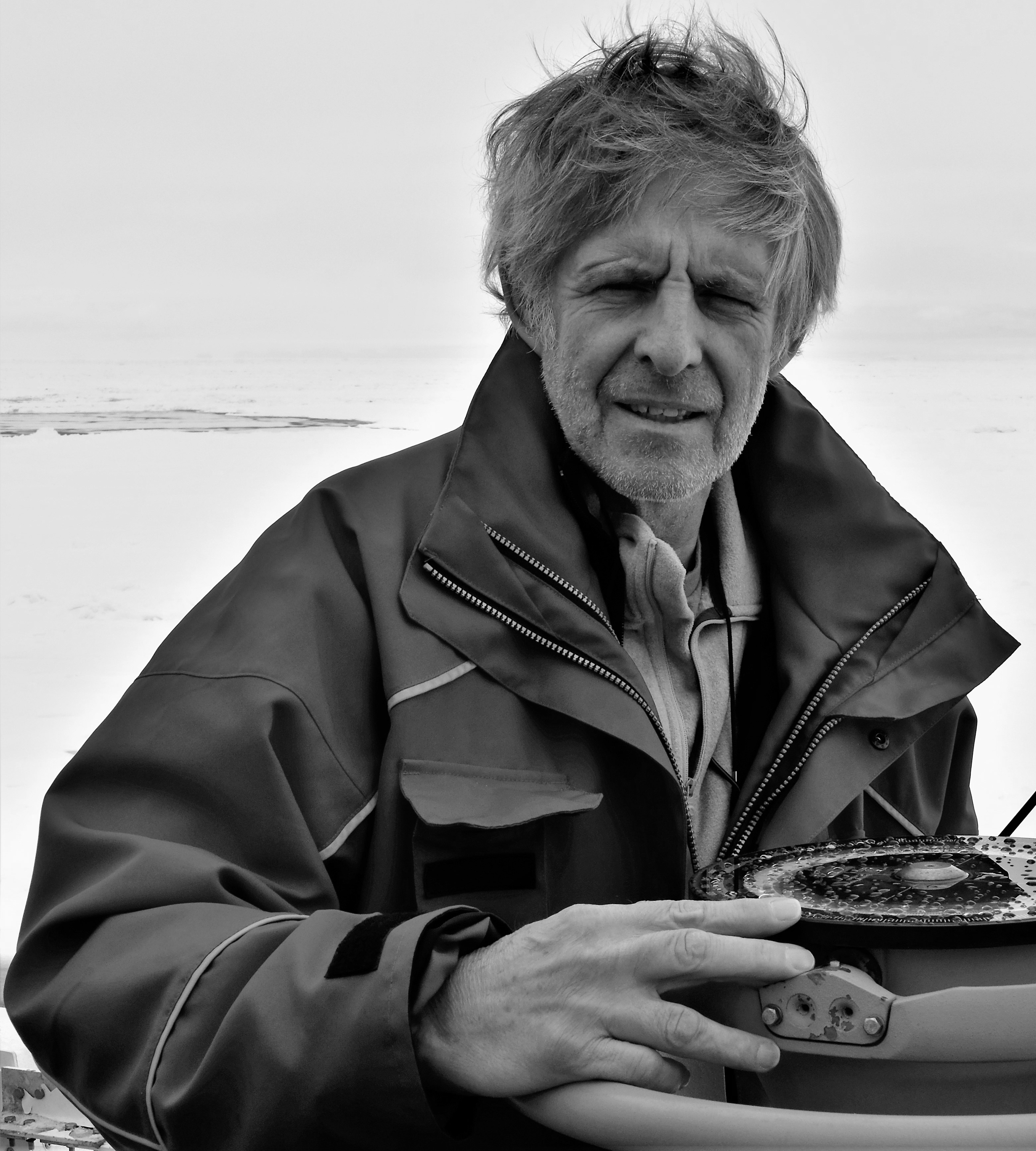
| MENSUN BOUND
 September 15th 2023 September 15th 2023
Mensun Bound Talk
|
|
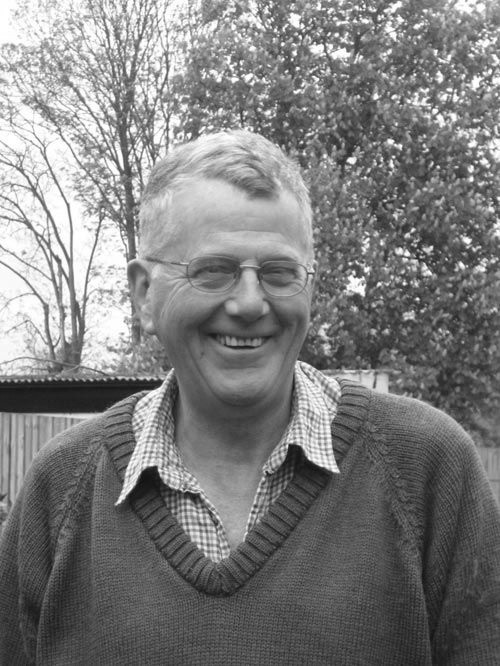
| TOM FORT
 October 13th 2023 October 13th 2023
Tom Fort Talk
|
|
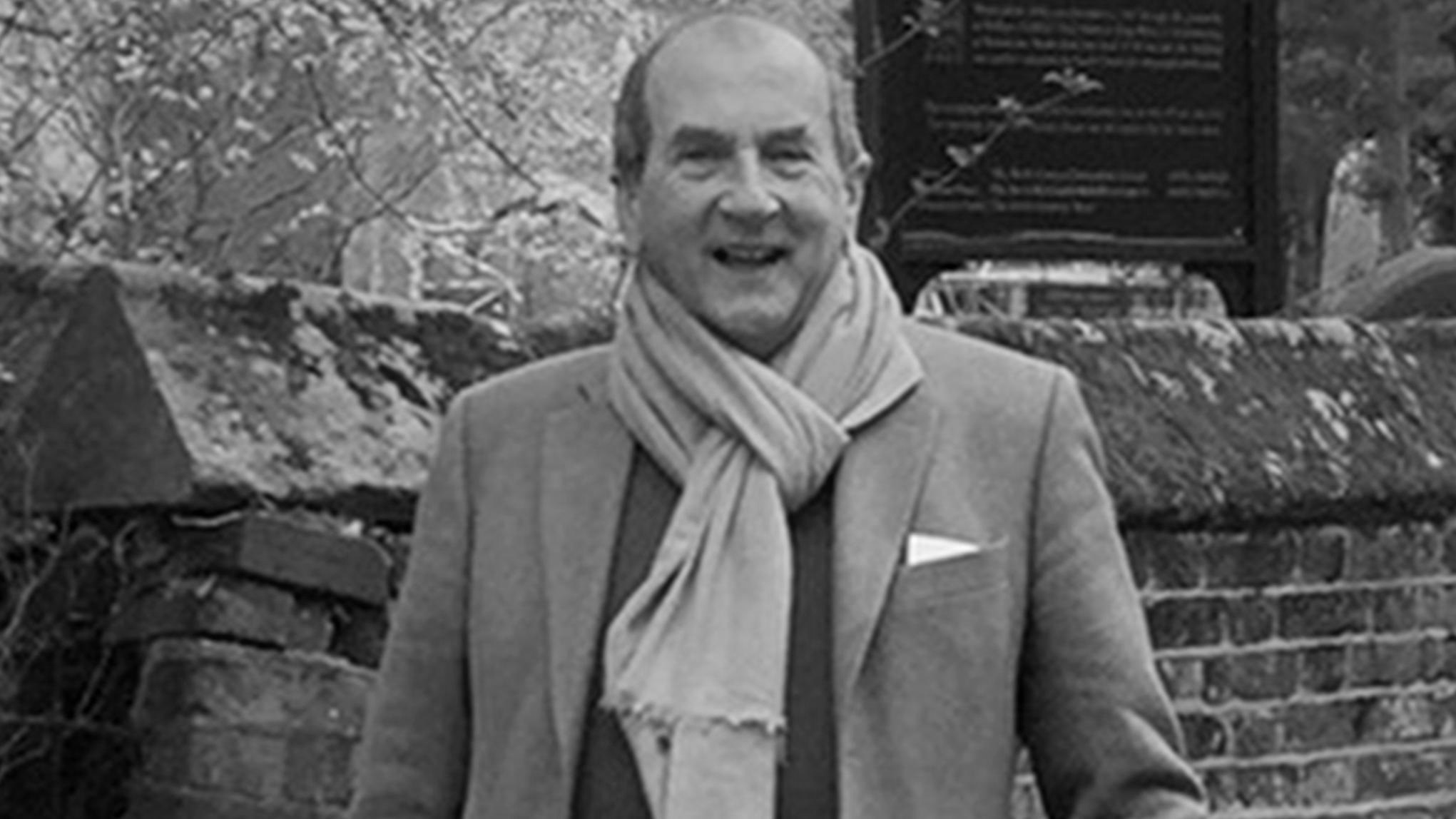
| JONATHAN KEATES
 November 10th 2023 November 10th 2023
Jonathan Keates Talk
|
|
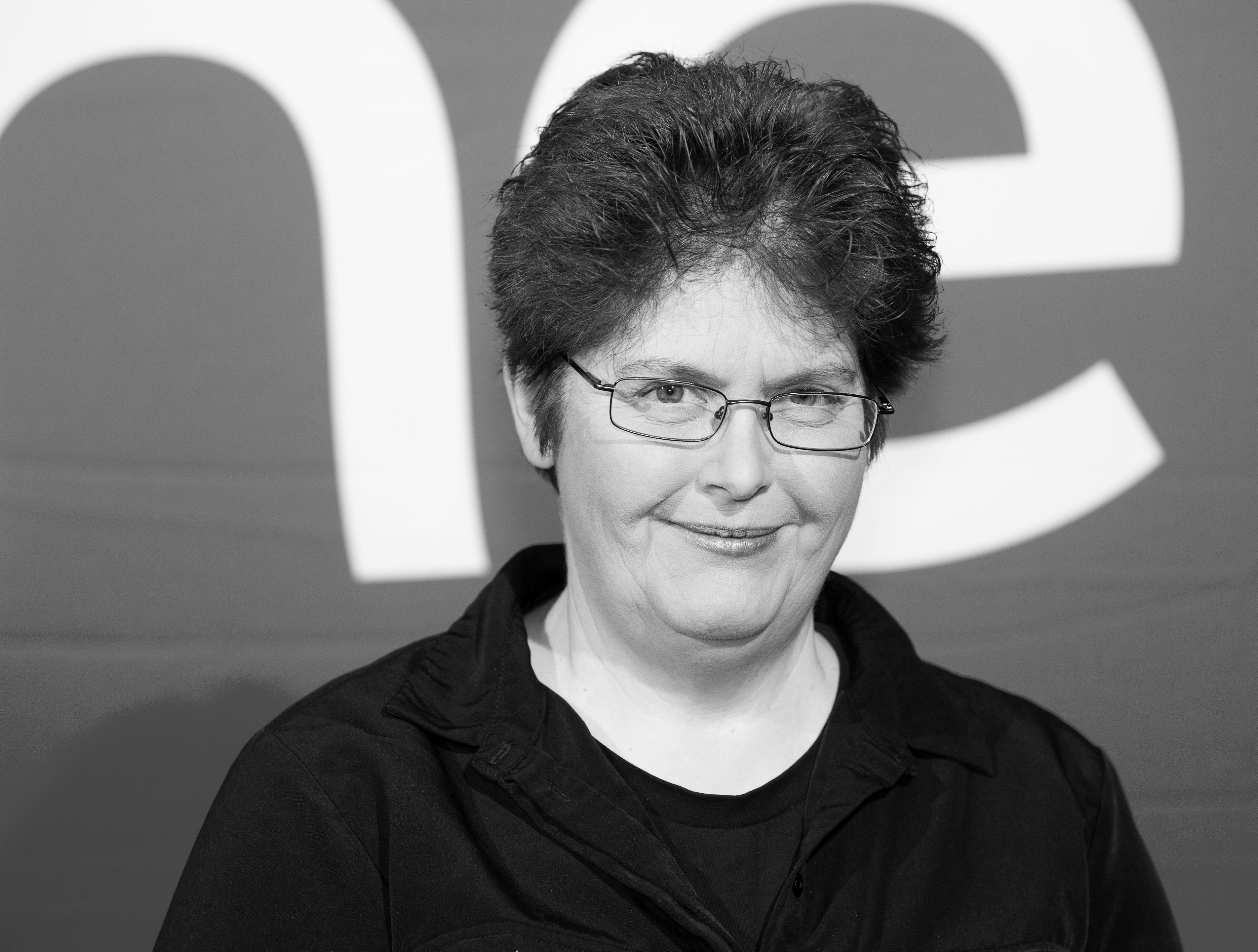
| SALLY WAINWRIGHT
 December 15th 2023 December 15th 2023
Sally Wainwright Talk
|
|
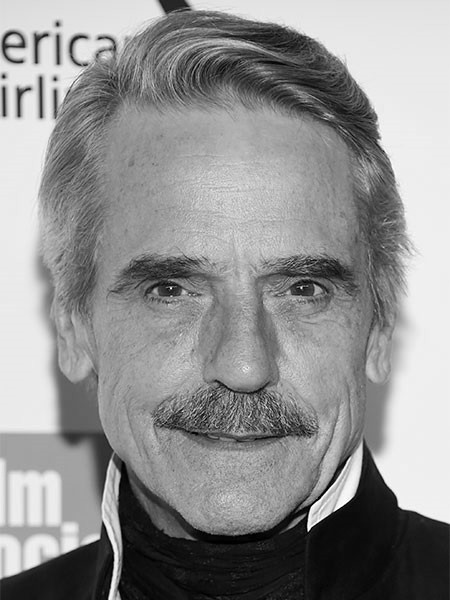
| JEREMY IRONS
 January 19th 2024 January 19th 2024
Jeremy Irons Talk
|
|
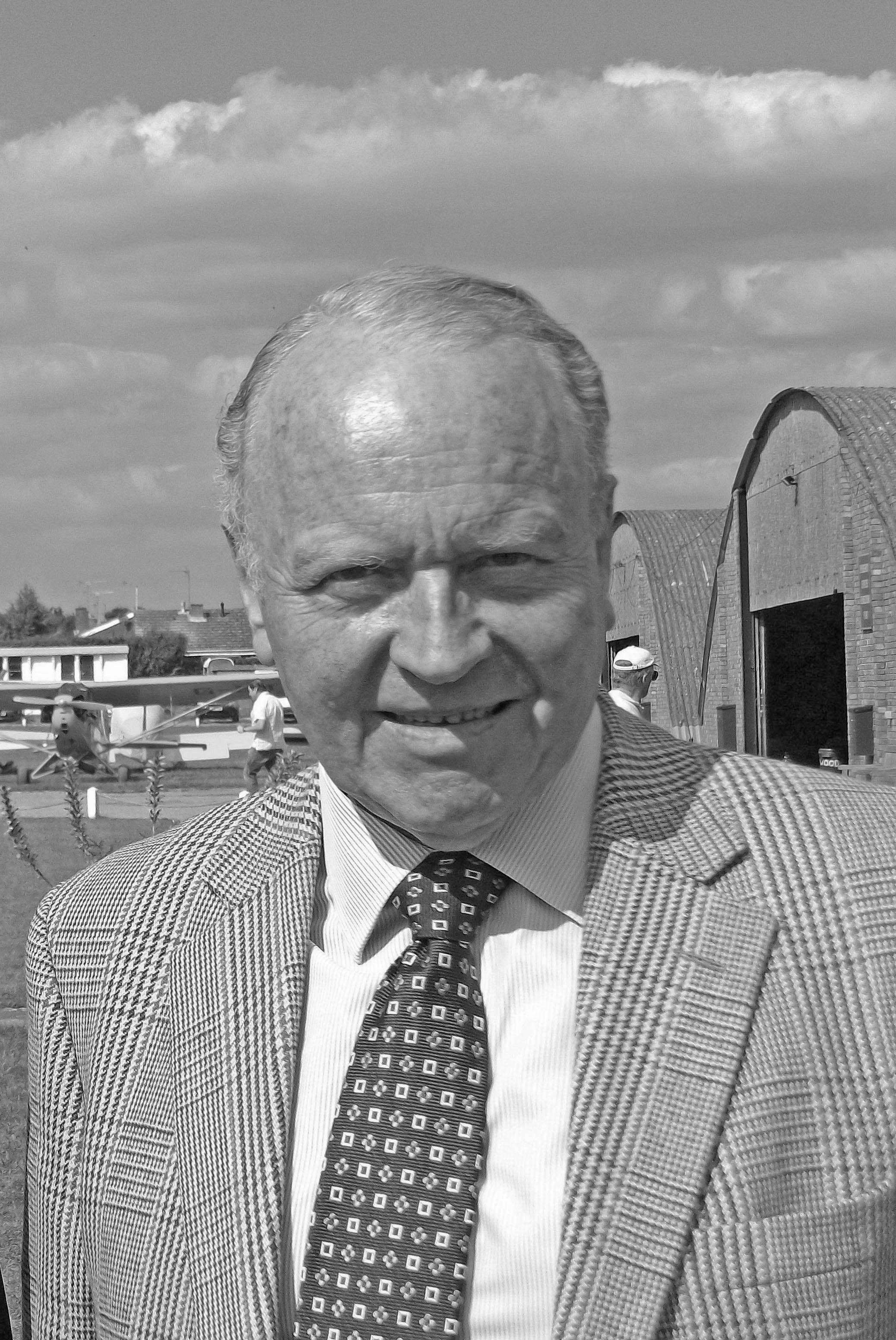
| SIR IAN MACFADYEN
 February 16th 2024 February 16th 2024
Sir Ian Macfadyen Talk
|
|
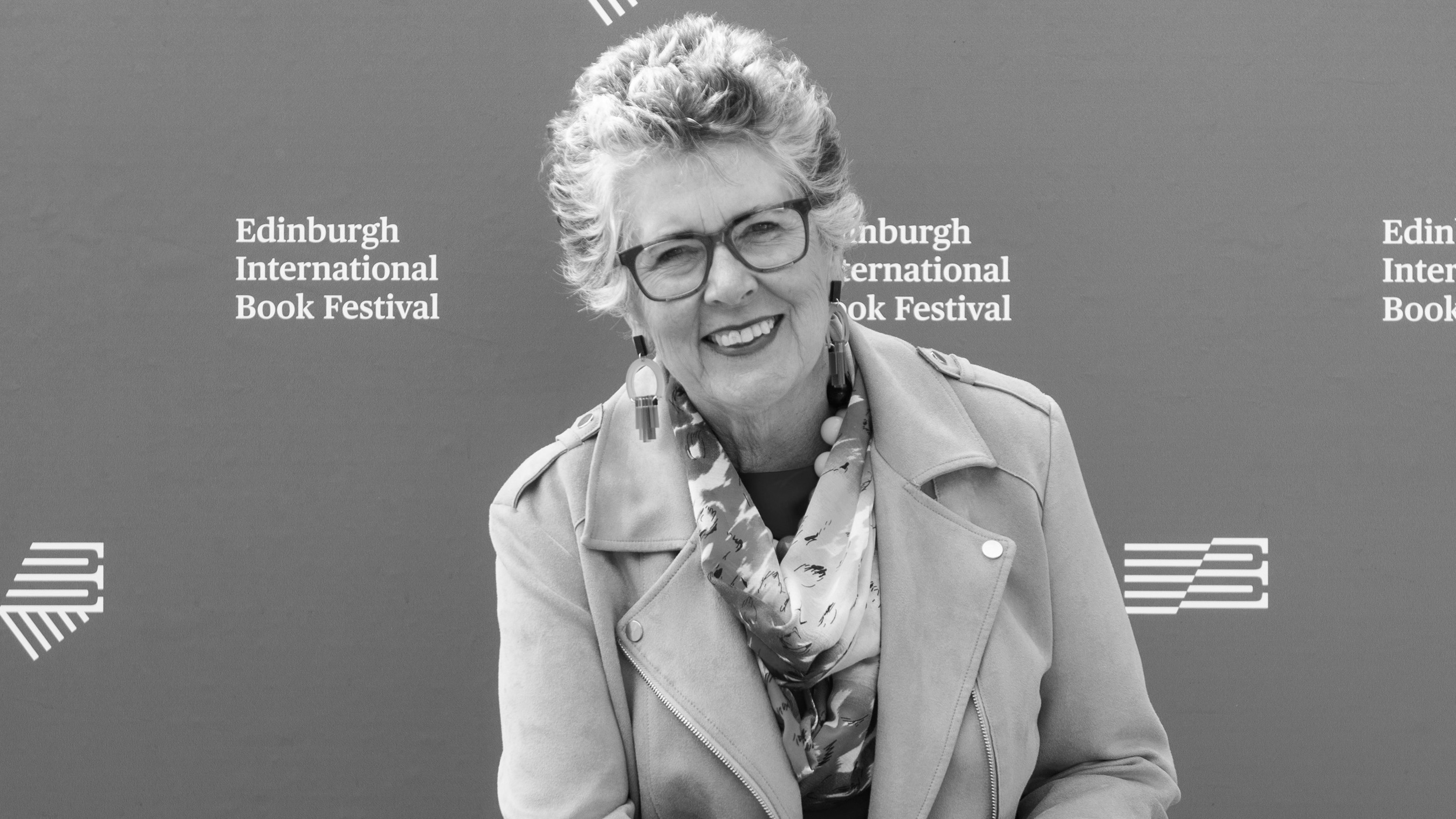
| PRUE LEITH
 March 22nd 2024 March 22nd 2024
Prue Leith Talk
|
|
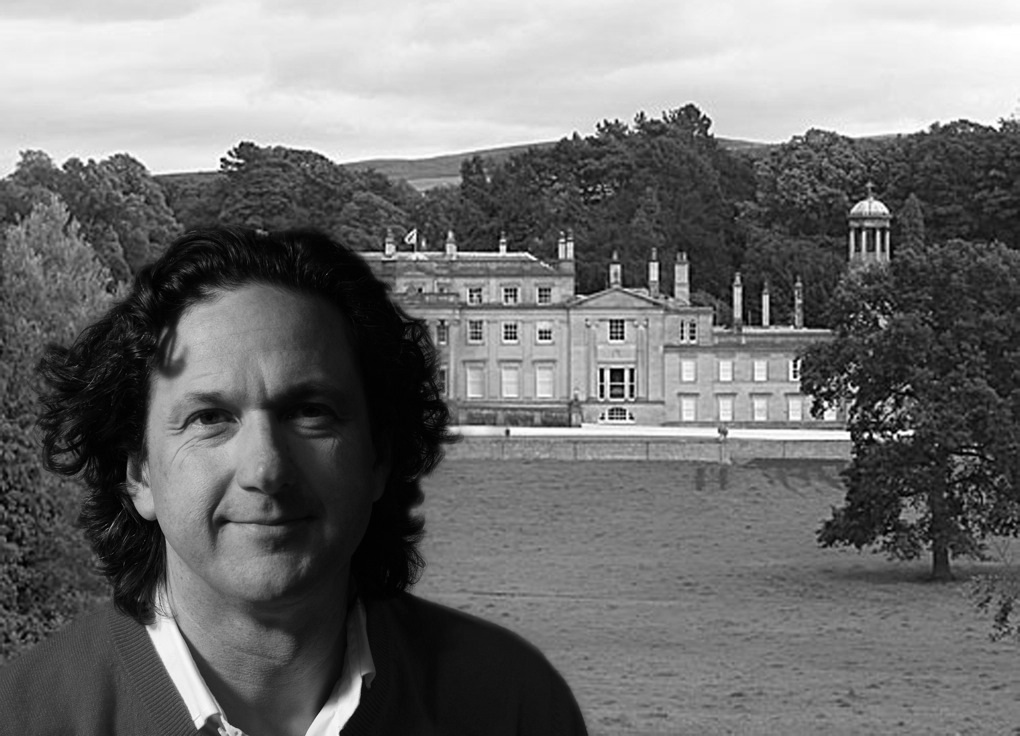
| ROGER TEMPEST
 April 19th 2024 April 19th 2024
Roger Tempest Talk
|
|
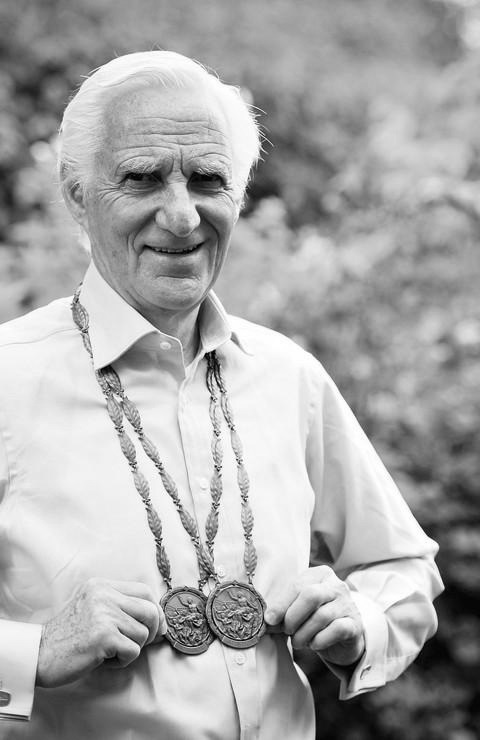
| PETER RADFORD
 May 17th 2024 May 17th 2024
Peter Radford Talk
|
|
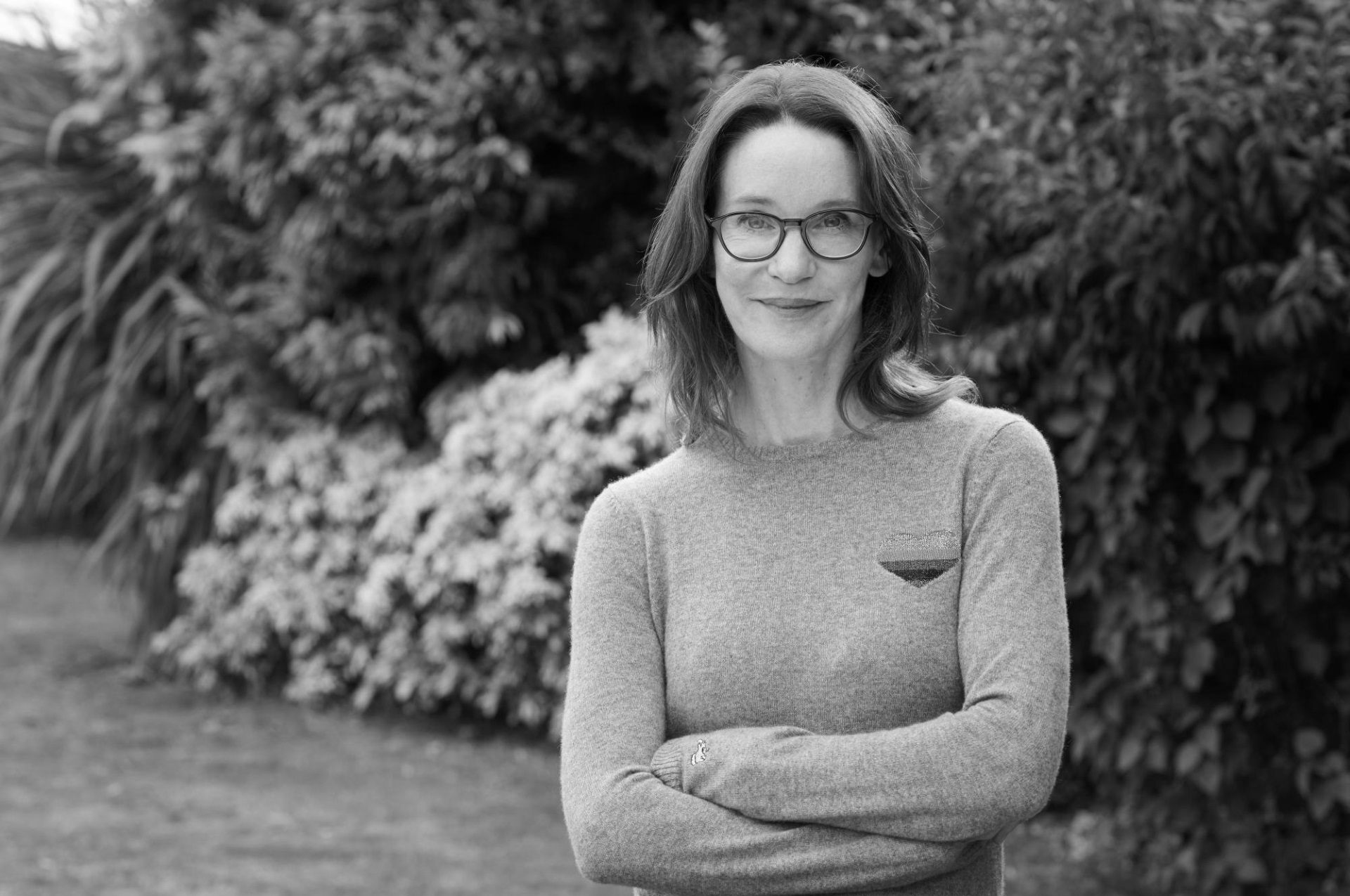
| SUSIE DENT
 June 14th 2024 June 14th 2024
Susie Dent Talk
|
|

| DREW GARDNER
 September 13th 2024 September 13th 2024
Drew Gardner Talk
|
|
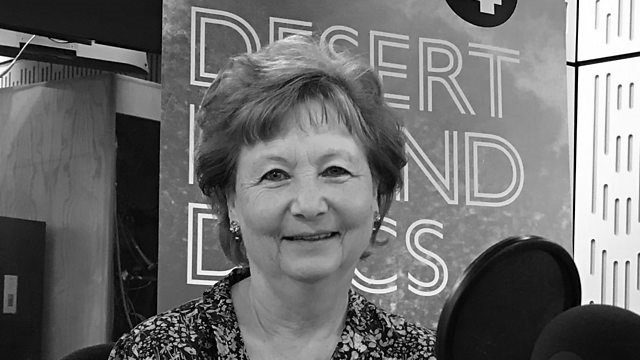
| PROF. ANGELA GALLOP
 October 11th 2024 October 11th 2024
Prof. Angela Gallop Talk
|
|
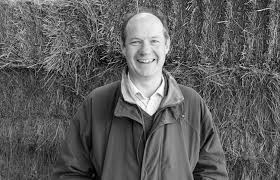
| CHARLIE IRELAND
 November 8th 2024 November 8th 2024
Charlie Ireland Talk
|
|
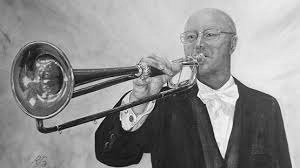
| CRISPIAN STEELE-PERKINS
 January 17th 2025 January 17th 2025
Crispian Steele-Perkins Talk
|
|
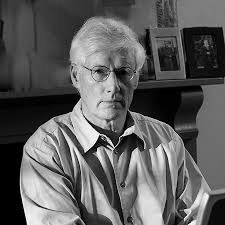
| JOHN WITHINGTON
 February 14th 2025 February 14th 2025
John Withington Talk
|
|
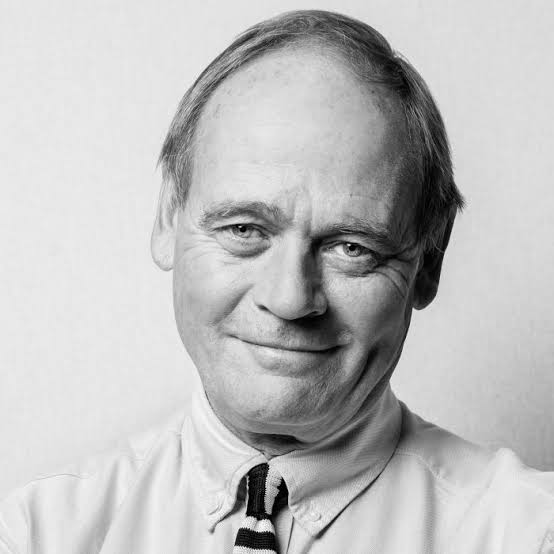
| JOHN LLOYD
 March 14th 2025 March 14th 2025
John Lloyd Talk
|
|

| ANDY SYMANOWSKI
 April 11th 2025 April 11th 2025
Andy Symanowski Talk
|
|
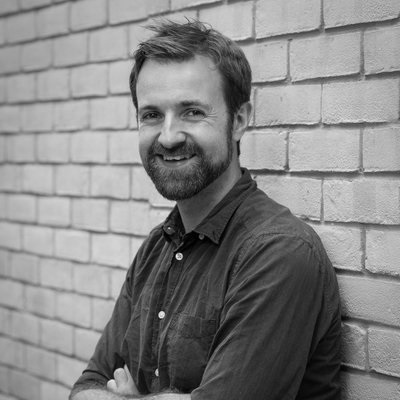
| KIT YATES
 May 9th 2025 May 9th 2025
Kit Yates Talk
|
|

| SIMON PARKER
 June 6th 2025 June 6th 2025
Simon Parker Talk
|
|

| TIM BIRKHEAD
 July 4th 2025 July 4th 2025
Tim Birkhead Talk
|
|

| DAVID ROONEY
 September 12th 2025 September 12th 2025
David Rooney Talk
|
|
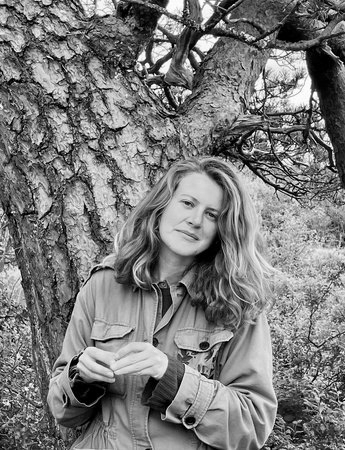
| HARRIET RIX
 October 10th 2025 October 10th 2025
Harriet Rix Talk
|
|

| TOM HEAP
 November 7th 2025 November 7th 2025
Tom Heap Talk
|
|
| |